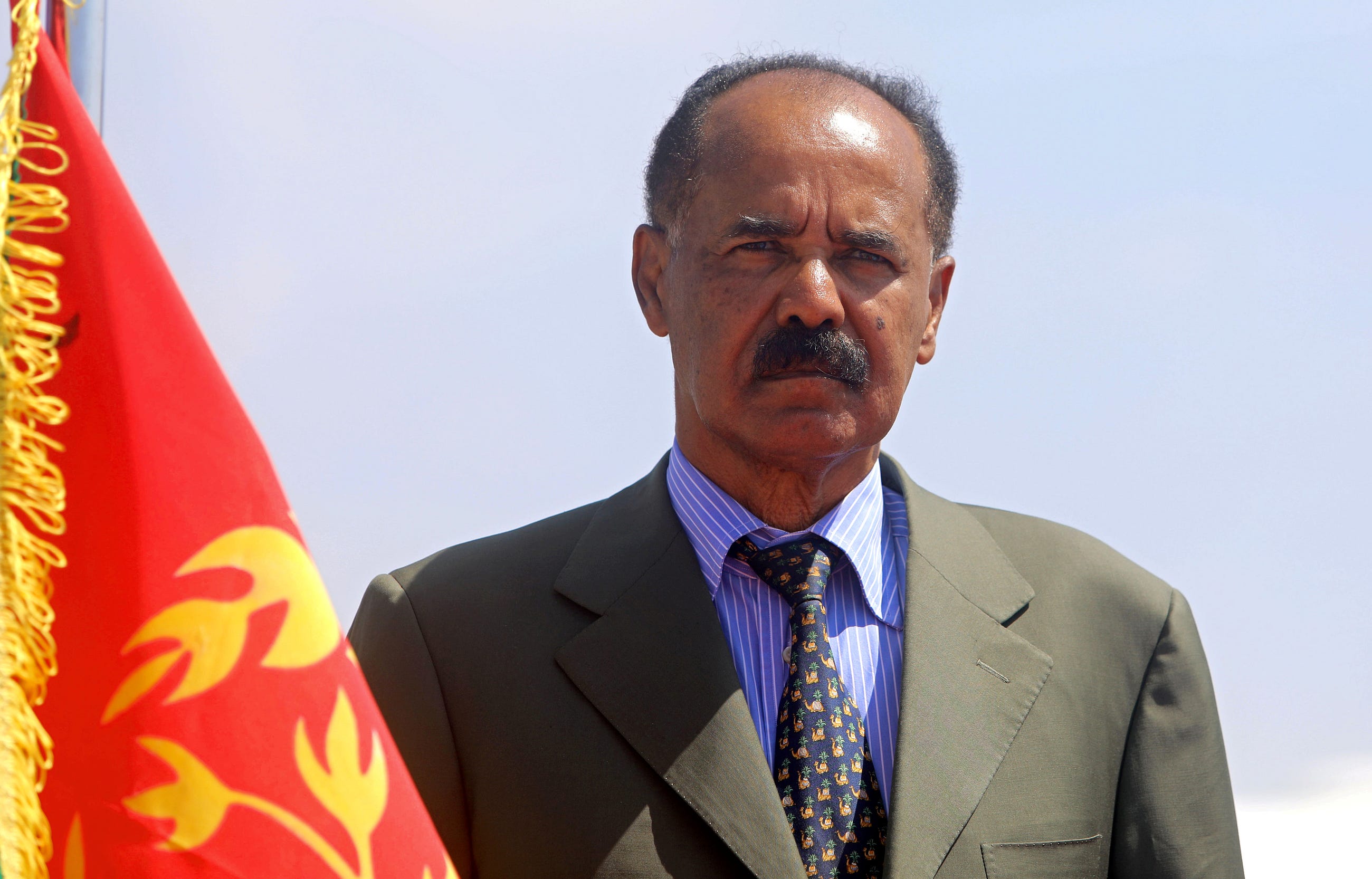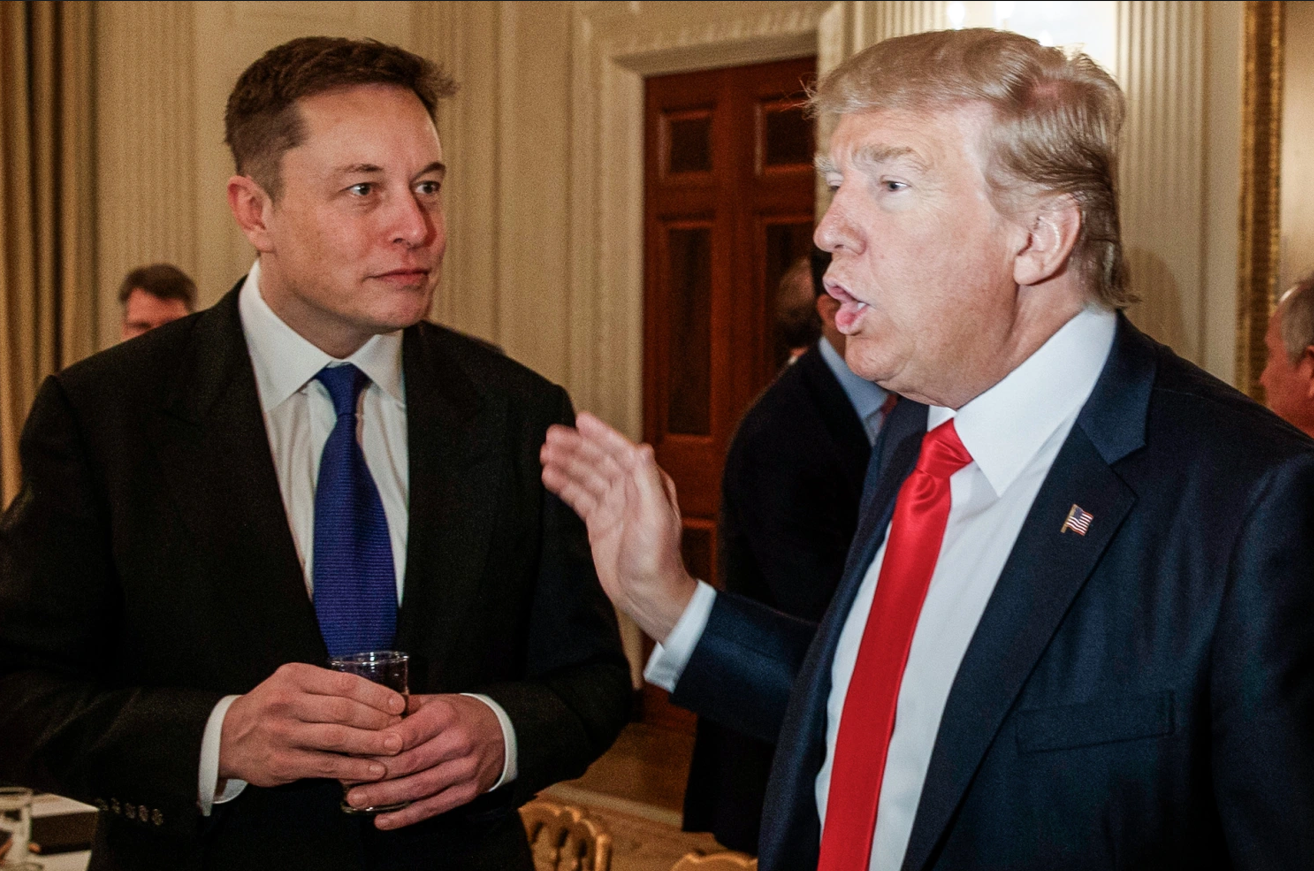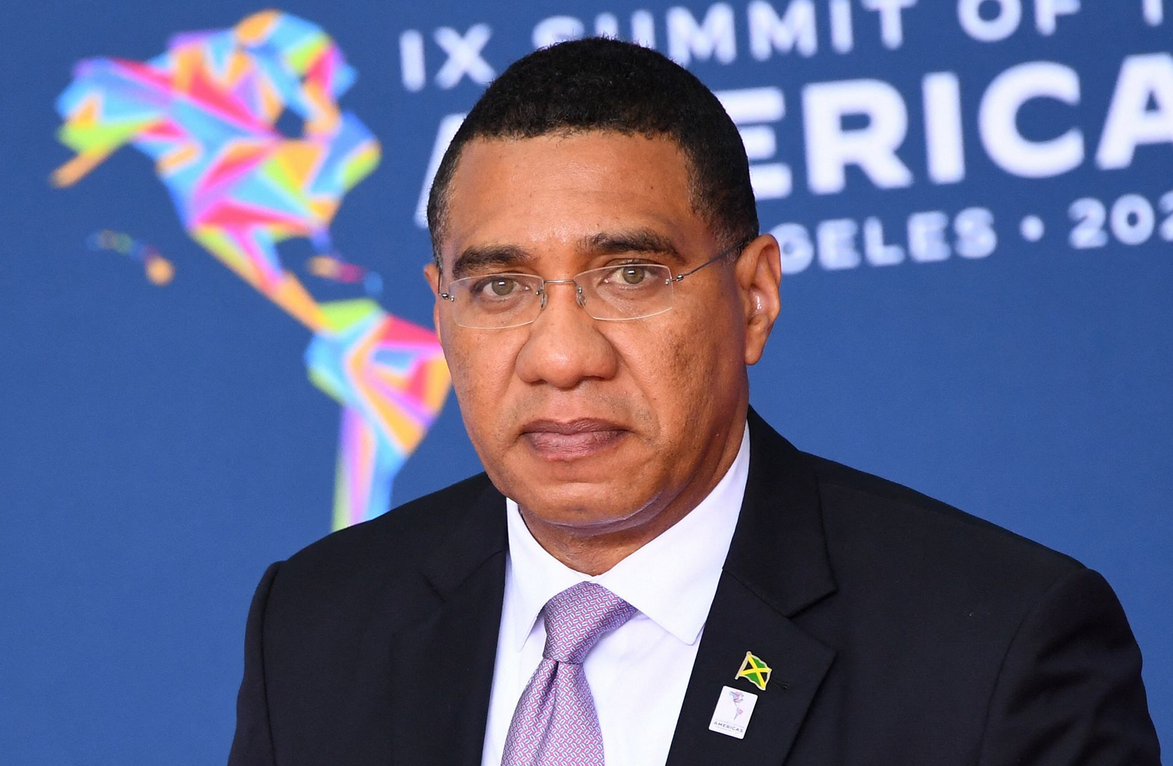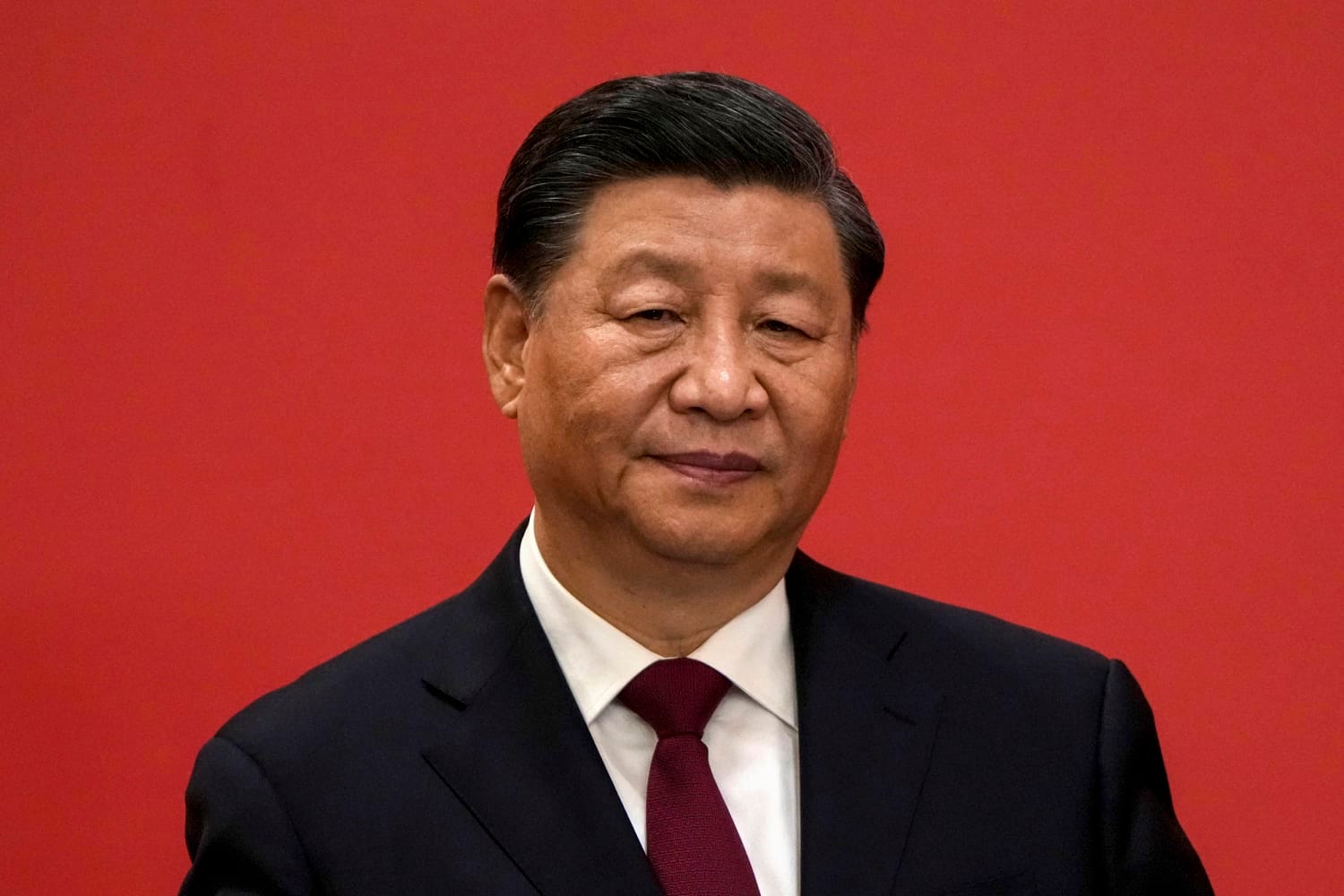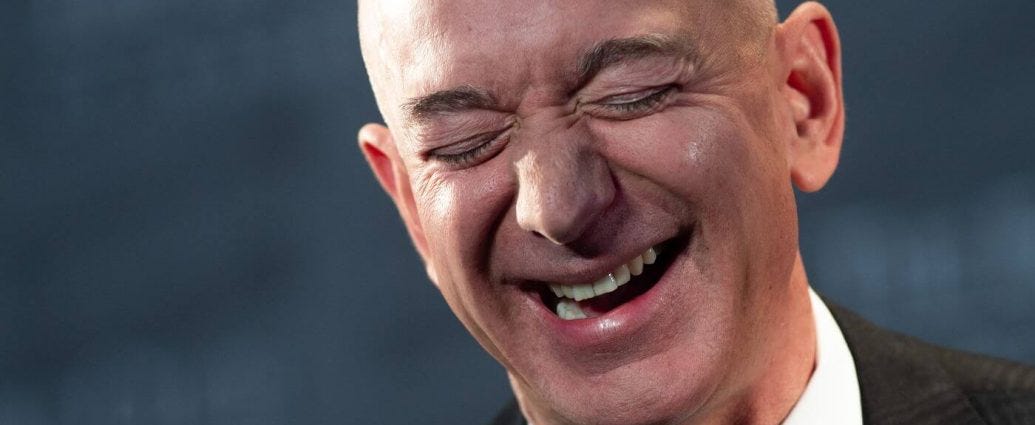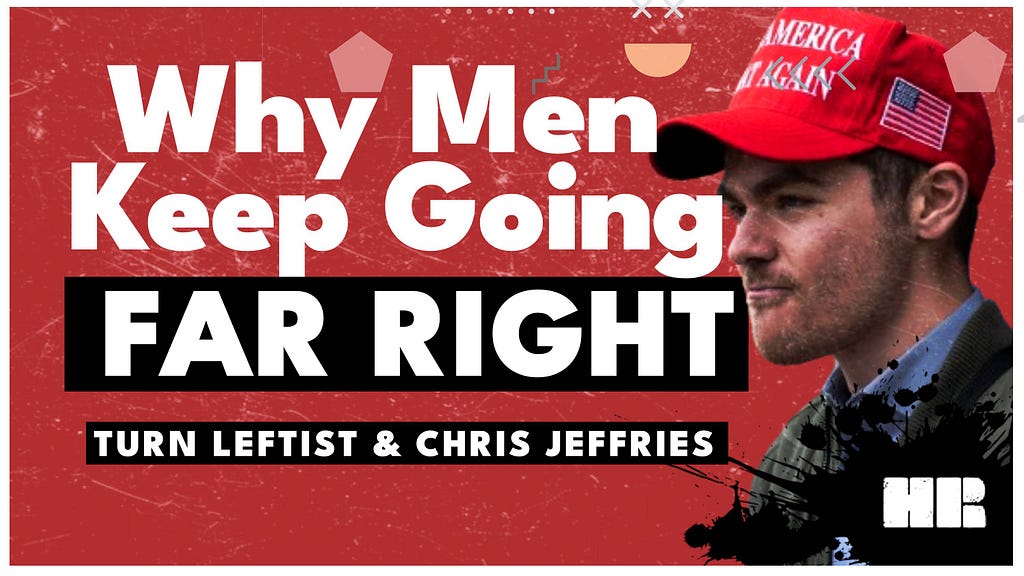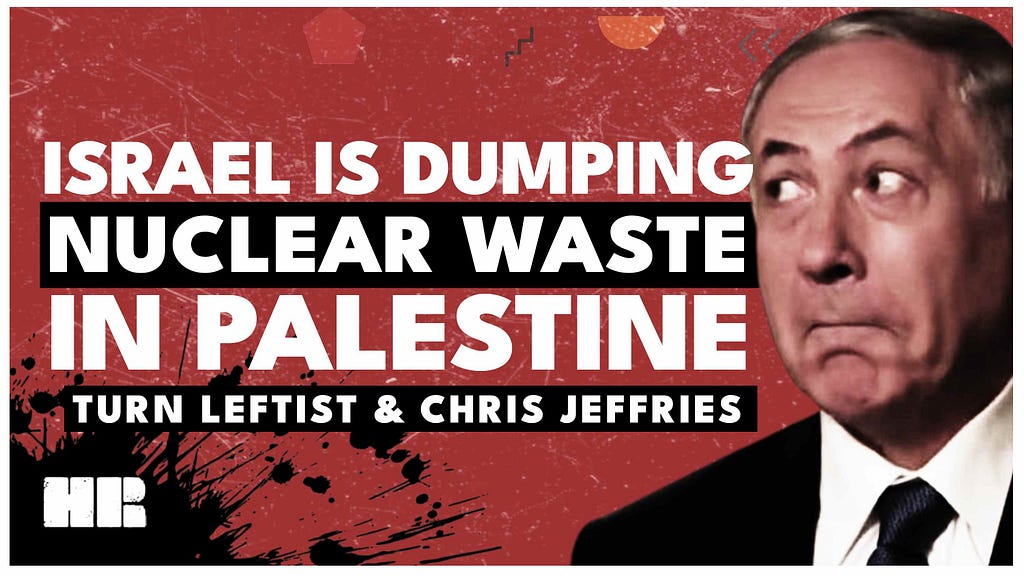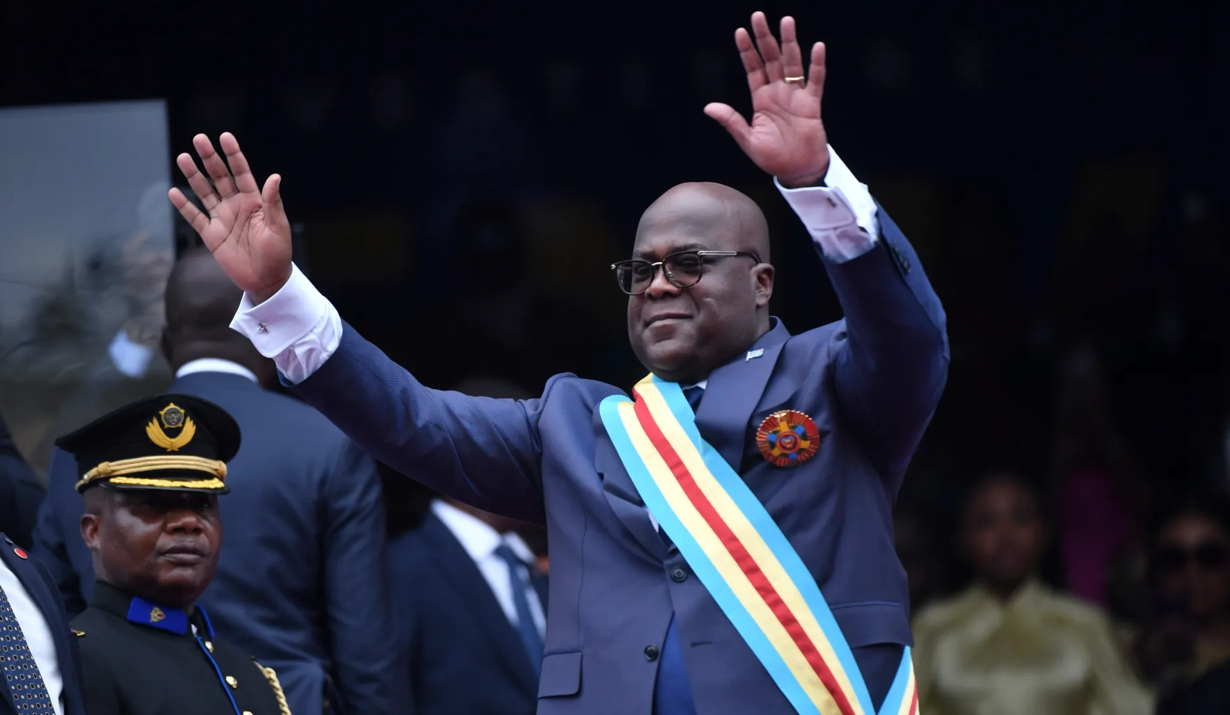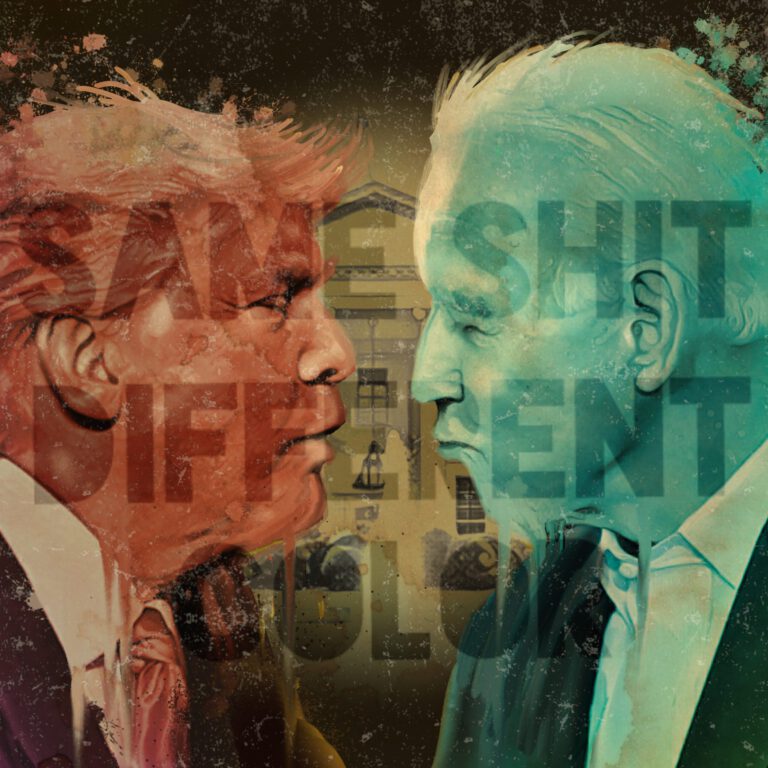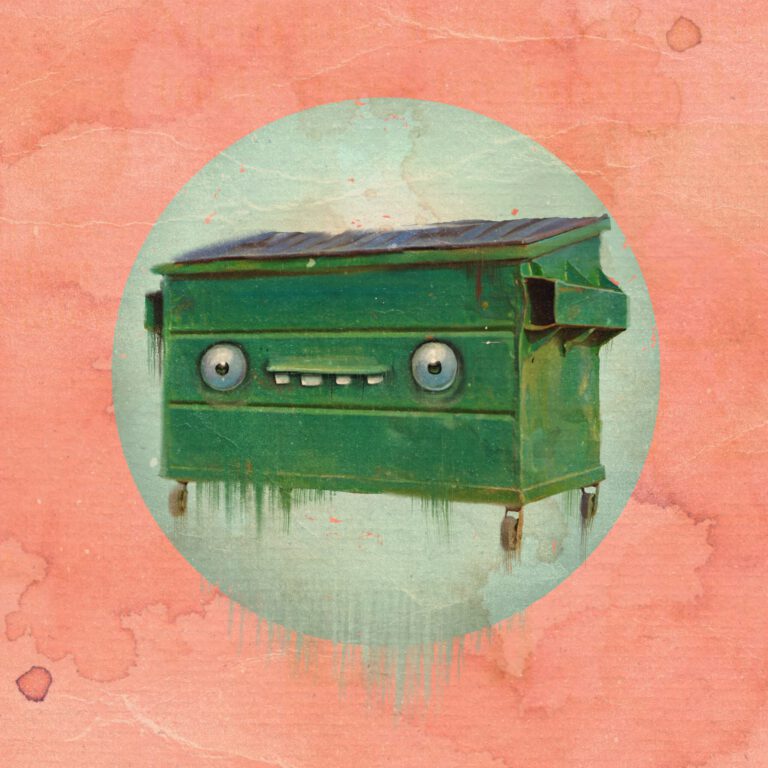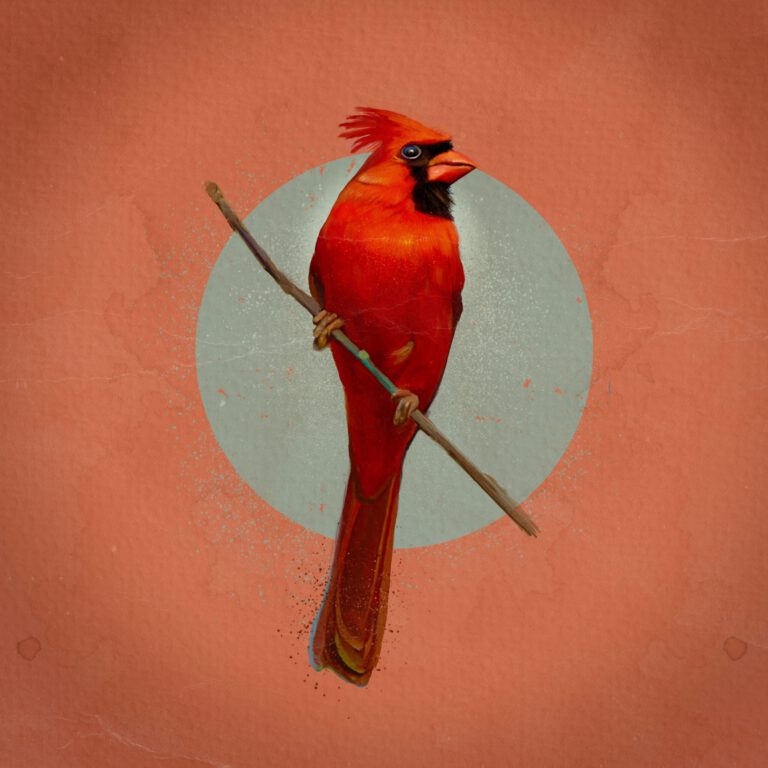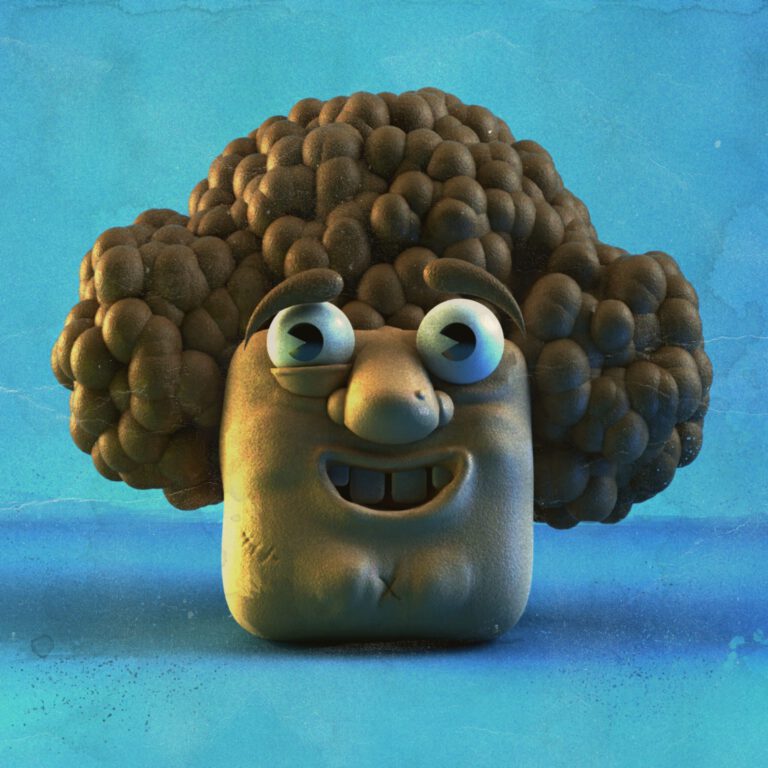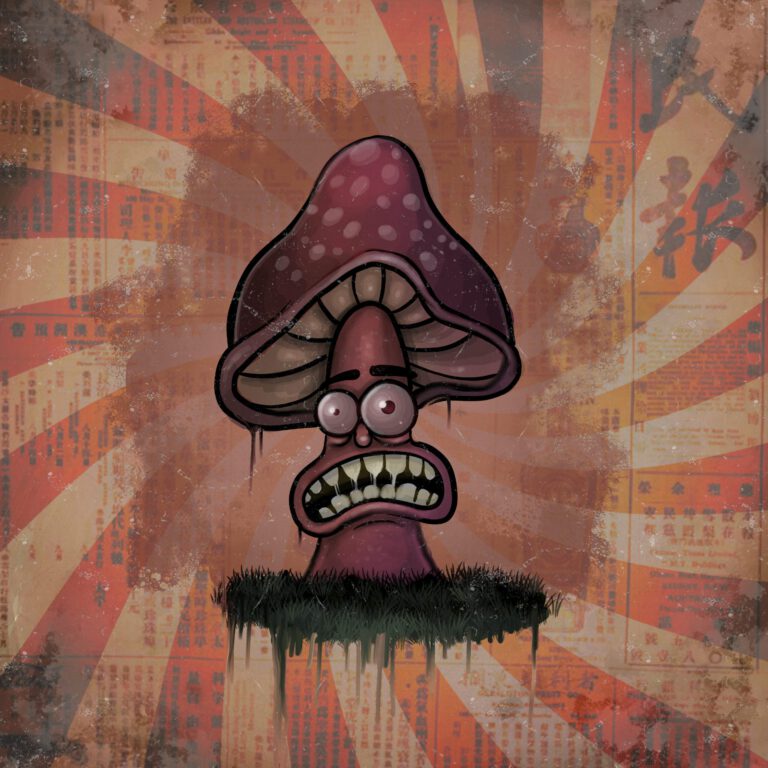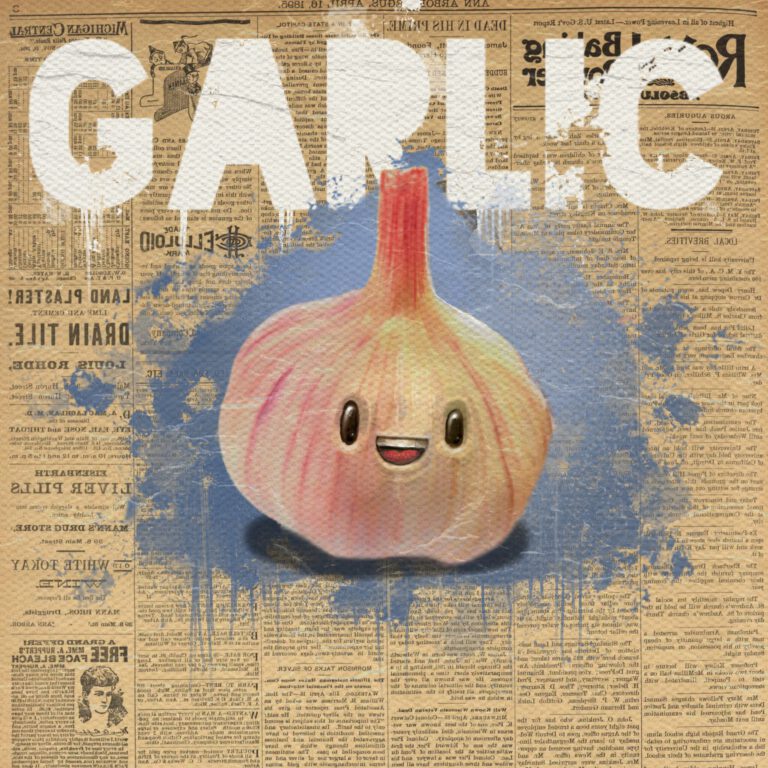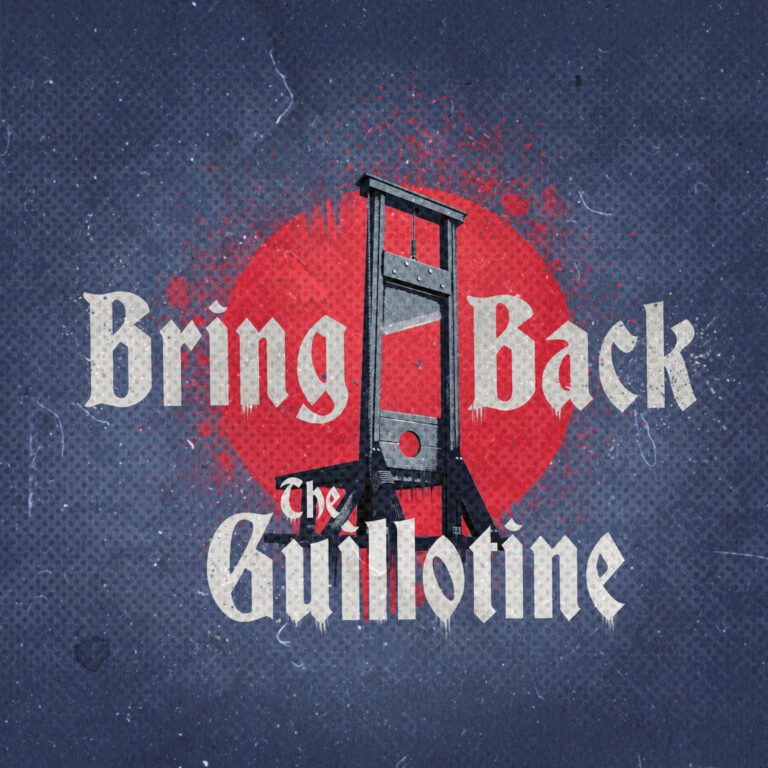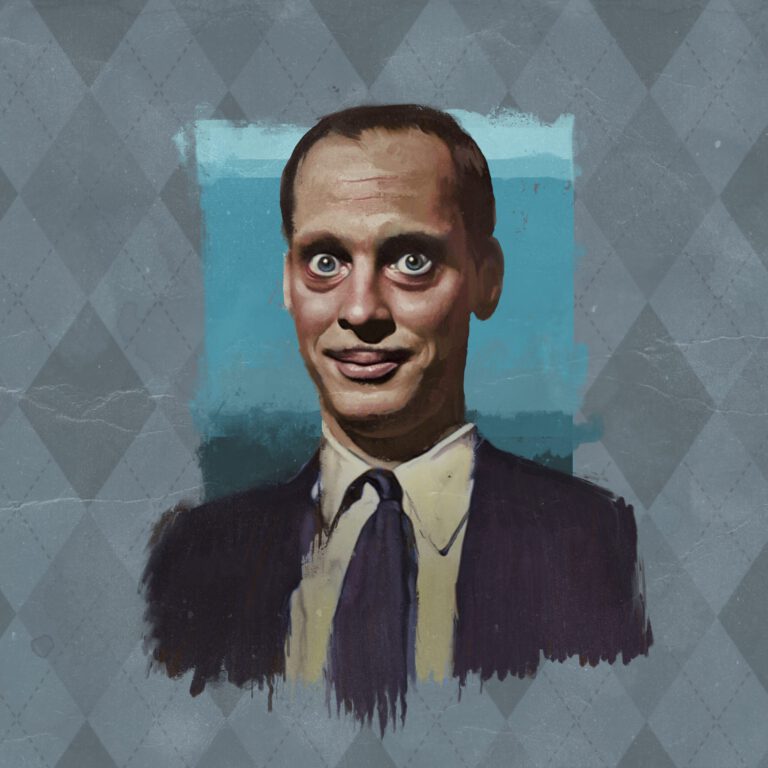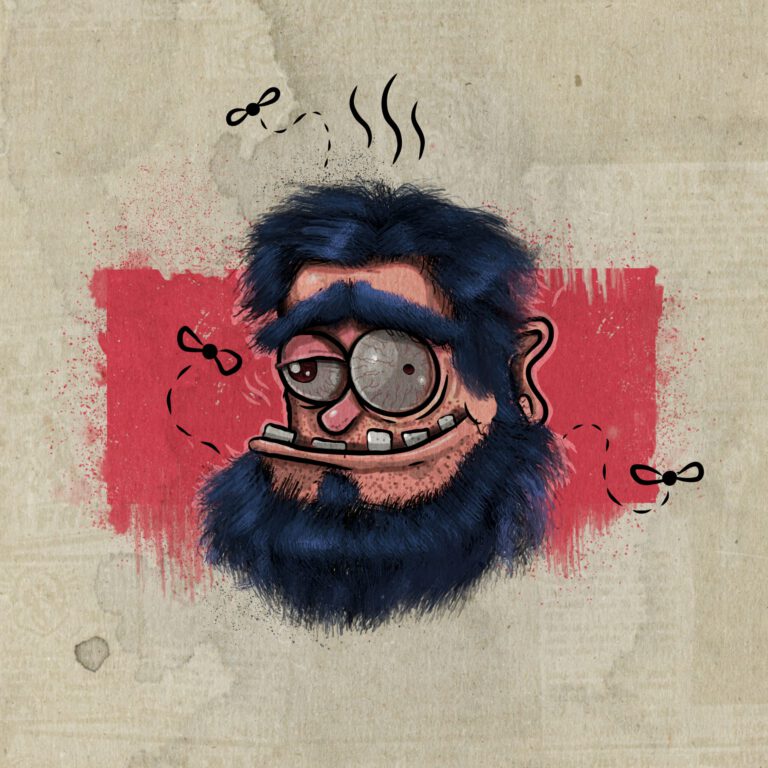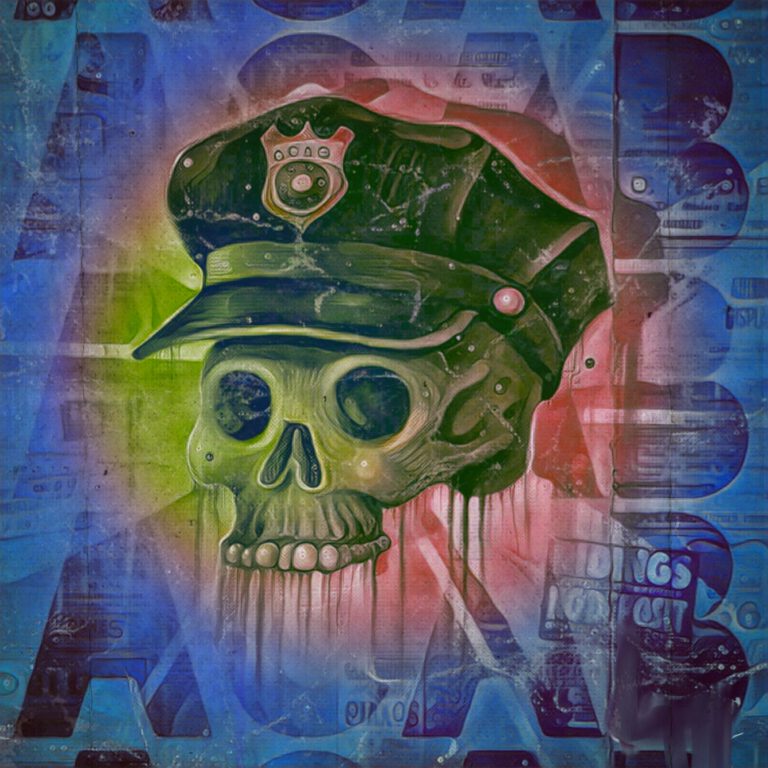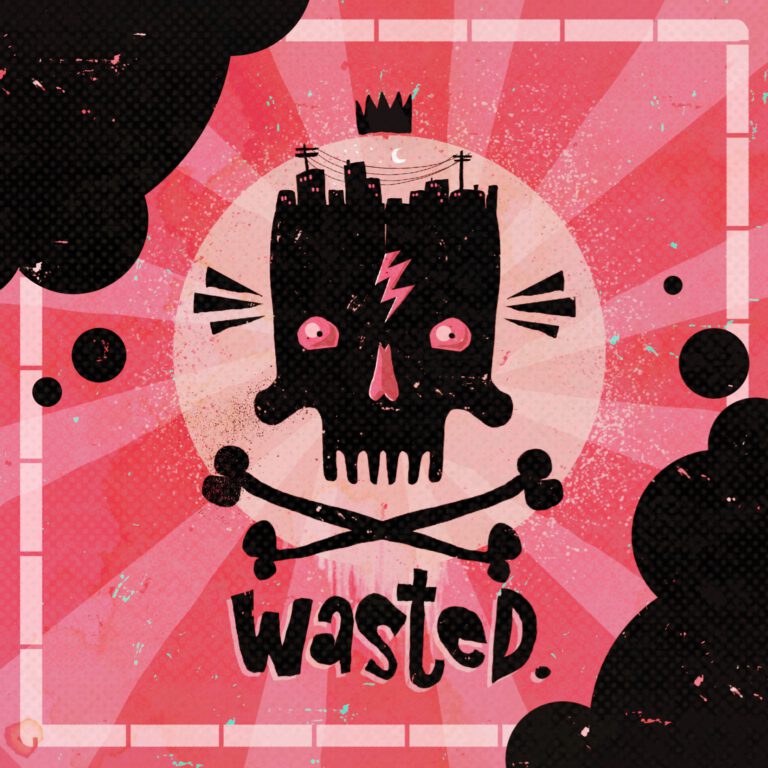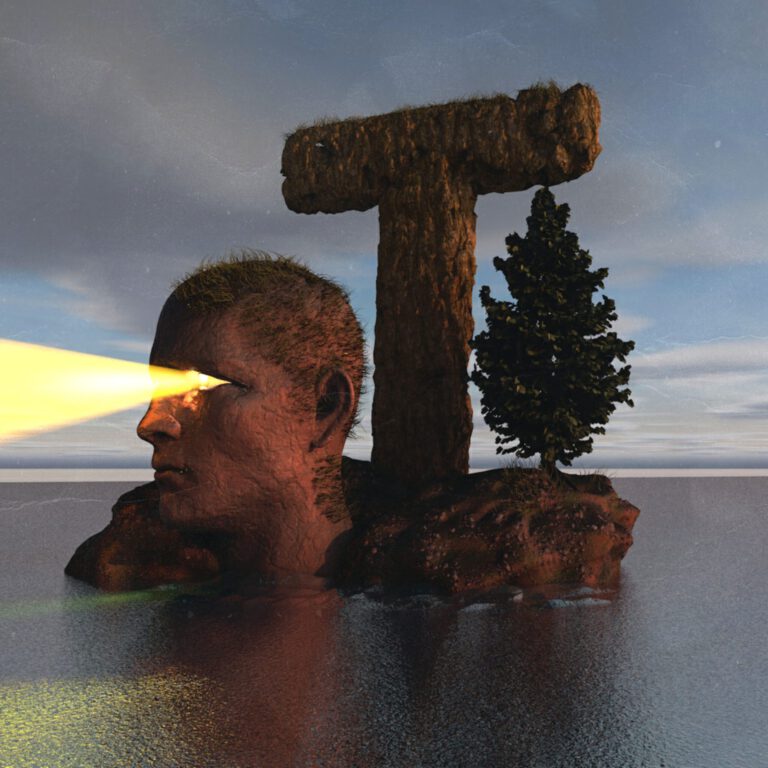Hello.
My Name is
Chris Jeffries
I survived in the most disgusting and depraved places man can hope to find himself. I traveled the never ending road and thus purchased a front row ticket to the decline of western civilization. My creative efforts are my only outlet for the things I’ve seen. While most scramble to find purpose in a purposeless existence, I encourage entropy and empathy.
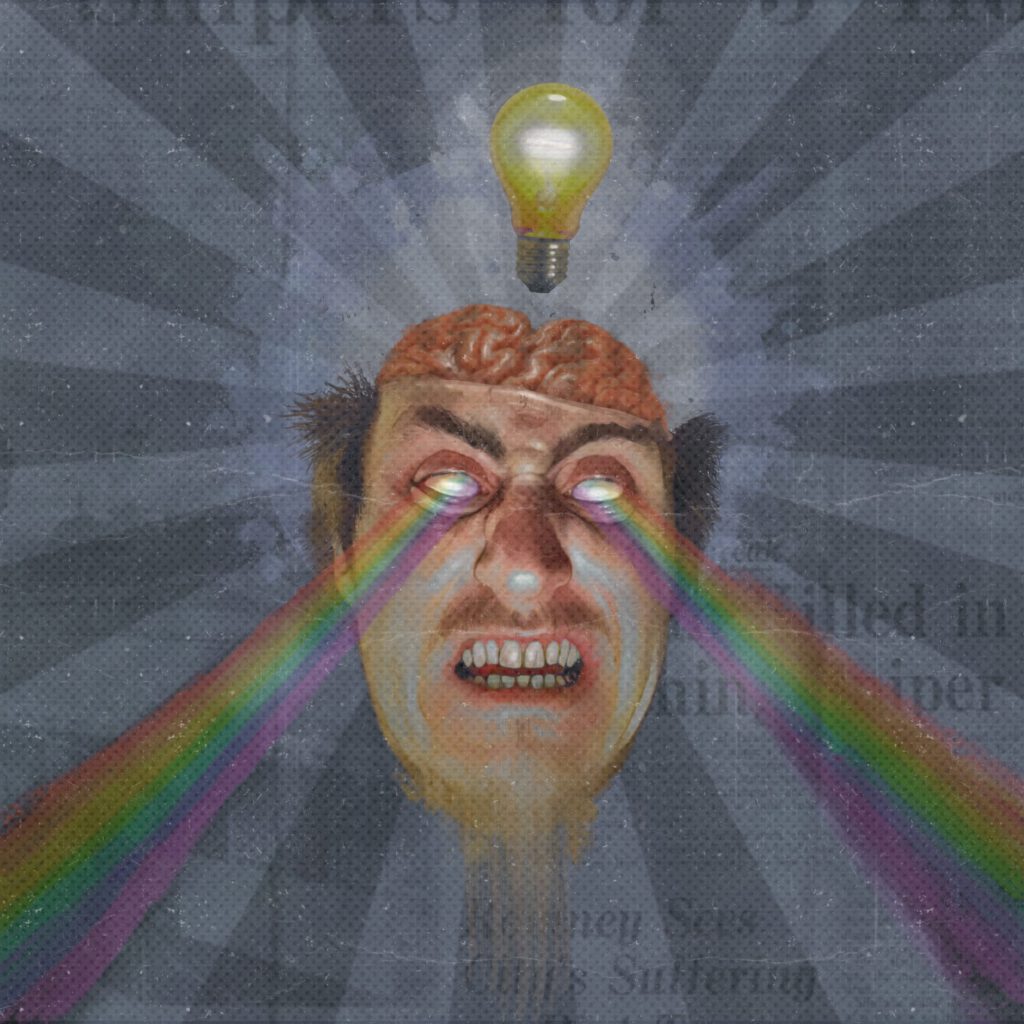
Music
Chris Jeffries
Homeless Romantic
The Homeless Romantic is a revolving cast of musicians who help bring my songwriting to life. The music is a disjointed poetic look the life of a 21st century vagabond.
“If Lou Reed had lived in the ’30s and had an affinity for moonshine instead of heroin, he would sound dangerously close to the delicate rootsiness of what Chris Jeffries is creating. Combining the swagger of Mr. Reed with the bad-luck living and roaring fingerpicking of folk stalwarts like Lead Belly, Jeffries creates a sound that could be plucked straight out of your granddaddy’s Crosley. This three-song, self-titled EP also conjures images of Chris Adolf’s pre-Bad Weather California project, the Love Letter Band, which, like Jeffries himself, was stripped down, slightly psychotic and teetering on the verge of its own classification. Although Jeffries calls on a myriad of influences, he is close to creating a sound that is uniquely his own — and right at home on any chain gang.”
Writings
How The IMF and World Bank Debt Trapped Somalia Forcing them Into Austerity
Somalia, a country long plagued by conflict and economic instability, has recently been the recipient of significant debt relief from the… Continue reading on Medium »
Read MoreChina has Invested $26 Million in Eritrea and Forgiven Debt, While The U.S.
China’s Pragmatic Approach in Eritrea Contrasts with US Sanctions and Inconsistent Human Rights Stance Continue reading on Medium »
Read MoreOver 60 Billionaires are Backing Donald Trump for President Who is Running as Anti-Establishment…
As Donald Trump campaigns for a second term as President of the United States, he has garnered substantial financial backing from over… Continue reading on Medium »
Read MoreHow the IMF and The West Debt Trapped Jamaica, Creating Widespread Poverty
Jamaica’s experience with the International Monetary Fund (IMF) and Western financial institutions is a stark example of how debt can be… Continue reading on Medium »
Read MoreOf Africa’s Total Debt, Only About 8% Was Owed to Chinese Entities, With Most Owed to the West
The narrative surrounding Africa’s debt crisis often highlights the role of Chinese lending, particularly the claim that China is… Continue reading on Medium »
Read MoreHow Israel is Losing the War, Not Just in Public Perception, But Also On the Battlefield
Israel’s Uphill Battle: Struggling on Two Fronts Continue reading on Medium »
Read MoreThe U.S. Sent $1.3 million in Arms to Rwanda from 2014 and 2016, Despite Human Rights Abuses
The United States’ continued military support for Rwanda under Paul Kagame’s regime raises serious ethical concerns and highlights the… Continue reading on Medium »
Read MoreHow the IMF Debt Trapped Greece Creating Widespread Poverty
The Greek Debt Trap: How Western Institutions Failed Greece Continue reading on Medium »
Read More90% of billionaires are men, and only 15% of female billionaires are self-made
The Billion-Dollar Boys Club: How Gender Disparity and Wealth Concentration Affect Us All Continue reading on Medium »
Read MoreNEW STUDY: Men are Voting Far Right in Record Numbers, While Women are Voting Left
Chris Jeffries and Mike from Turn Leftist discuss the growing gender gap in voting preferences in Western democracies. Women, particularly younger ones, are increasingly supportive of left-wing parties due to their preferences for economic redistribution and social policies. Men, on the other hand, are showing stronger support for right-wing and far-right parties. They provide statistics […]
Read MoreIsrael is Dumping Nuclear Waste in Palestine
Chris Jeffries accuses Israel of dumping nuclear waste in the Palestinian territories, specifically in the Hebron region of the West Bank. This alleged dumping has led to higher rates of cancer, disabilities, and deformities among the local population. The town of Yat is believed to be contaminated with radioactive uranium. Israel prevents Palestinian and international […]
Read MoreHow the West Debt Trapped The Democratic Republic of Congo; The Richest Country in the World
The Democratic Republic of Congo (DRC) presents a stark paradox: a nation immensely rich in natural resources yet one of the poorest in… Continue reading on Medium »
Read MoreArt
Growing up there was a long list of artists that I was inspired by including Kandinsky, Greg Simkins, Gary Larson, Andy Warhol, Jhonen Vasquez, Ron English, Robert Crumb and Many More.
Digital Painting, Acrylic Painting, Screen-printing, 3D animations, Cartoons, Graphic Design and Sculpture. Pretty much anything I can get my hands on. I have been very fortunate to have had art shows in Mexico, United States, and Germany. I am Always happy to accept commissions.
Podcast
The Homeless Romantic Podcast
Conversations with Human Beings. From the Lowest classless hobos to the top scientists, academics and artists all over the world.
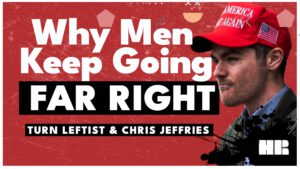
NEW STUDY: Men are Voting Far Right in Record Numbers, While Women are Voting Left
July 13, 2024
Chris Jeffries and Mike from Turn Leftist discuss the growing gender gap in voting preferences in Western democracies. Women, particularly younger ones, are increasingly supportive of left-wing parties due to their preferences for economic redistribution and social policies. Men, on the other hand, are showing stronger support for right-wing and far-right parties. They provide statistics from various countries to support this trend and attributes it to the erosion of traditional male-dominated industries and the growing service-oriented economy. He also touches upon the challenges of engaging with individuals holding extreme political views and the need for a new conception of manhood that values adaptability, emotional intelligence, and cooperation.
Listen →
Israel is Dumping Nuclear Waste in Palestine
July 12, 2024
Chris Jeffries accuses Israel of dumping nuclear waste in the Palestinian territories, specifically in the Hebron region of the West Bank. This alleged dumping has led to higher rates of cancer, disabilities, and deformities among the local population. The town of Yat is believed to be contaminated with radioactive uranium. Israel prevents Palestinian and international inspectors from accessing these suspected dumping grounds. The Palestinian Authority accuses Israel of using 98 landfills across the occupied West Bank to dump various types of waste, including nuclear waste. Chris Jeffries also mentions other ways Israel has treated Palestinians unfairly, such as restrictions on movement, home demolitions, forced evictions, and restrictions on access to natural resources. Israel places severe limitations on Palestinian civil and political rights to suppress dissent and maintain its system of domination. Chris Jeffries expresses frustration over the lack of action from the international community and calls for investigations into Israel's waste disposal practices. They also encourage viewers to take actions they can to make a difference, such as spreading awareness and boycotting related products.
Listen →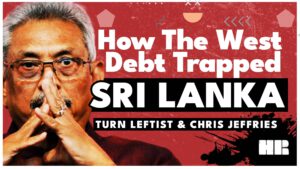
How The West Debt Trapped Sri Lanka
July 11, 2024
Ben Norton of Geopolitical Economy wrote an article that discusses the misleading accusations against China for Sri Lanka's debt crises and economic instability. Contrary to popular belief, 81% of Sri Lanka's external debt is owed to Western financial institutions and allies, while China holds only 10%. The West's accusations are criticized as misleading, given Sri Lanka's long history of struggling with Western debt and the IMF's failed economic stabilization programs since gaining independence from British colonialism in 1948. Chris Jeffries also highlights the role of Western financial institutions and the use of the dollar in trade due to military presence, not voluntary agreements. The media's blame game against China is challenged, and the speaker accuses The Wall Street Journal of misrepresenting facts and prioritizing political points over journalism. Chris Jeffires also touches upon the ongoing conflict in Ukraine and the West's unwillingness to negotiate for peace, prioritizing financialization over diplomacy. Then it concludes by discussing the decline of reputable cable channels into sensationalist media driven by profit motives and advocating for socialism and democratic control over institutions to prevent harmful business practices.
Listen →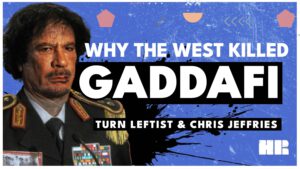
How Gaddafi Was Wrongfully Branded a Dictator and Killed by the U.S.
July 10, 2024
Chris Jeffries disputes the Western portrayal of Muammar Gaddafi as a brutal dictator and highlights his achievements in transforming Libya into a country with a high development index, prioritizing education, healthcare, and housing. Chris Jeffries argues that Gaddafi's socialist ideas and progress were manipulatively overshadowed by allegations of human rights abuses, which lacked concrete evidence. Mike criticizes the 2011 intervention as a ploy to sow chaos and take control of Libya's resources, leading to the country's descent into chaos, economic collapse, and a humanitarian crisis. He also touches on the flaws of capitalism and the importance of building sustainable systems for future generations.
Listen →
The US, Israel and Ukraine | Greg J. Stoker
July 9, 2024
Greg J. Stoker, he shares his personal journey from being a military participant in US imperialism to an anti-imperialist activist. He critiques the morality and effectiveness of US wars, specifically the Obama administration's drone strike policy and the lack of accountability for civilian casualties. Stoker also discusses his concerns over Israel's military actions, including the use of controversial weapons like white phosphorus and medieval siege weapons, and their strategic unsoundness. The conversation also covers the concept of different generations of warfare, the Israeli-Palestinian conflict, and the ongoing war in Ukraine, with a focus on the role of the US and Israel. Stoker argues that resistance movements, such as those in Ukraine, suffer more casualties due to a lack of resources and advanced technology, and that the war in Ukraine lacks a clear exit strategy or defined objectives. He also touches upon the role of China and Russia in global affairs and their involvement in resource extraction in countries like the Congo. Throughout the discussion, Stoker sheds light on the complexities and ethical dilemmas of military involvement in foreign conflicts.
Listen →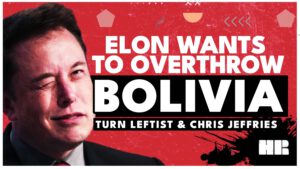
Elon Musk Advocates for Overthrowing Bolivia, The Country with the Largest Lithium Reserves
July 8, 2024
Elon Musk's controversial advocacy for overthrowing the Bolivian government to gain access to their vast lithium reserves is discussed. Musk's statement, made several years ago in response to a tweet about a US-backed coup against Bolivian President Evo Morales, was criticized for his apparent excitement about easier access to the country's mineral wealth. Mike argued that someone may have planned the coup in advance and released a headline about lithium discoveries in Pennsylvania to distract from Bolivia's resources. Mike also shared his perspective on humanity's need for vast amounts of power and the importance of considering the feelings of all living beings, not just humans. However, his advocacy for exploiting Bolivia's lithium reserves was criticized for hypocrisy, given his portrayal as a visionary leading humanity towards a sustainable future. The speaker also discussed Musk's deletion of a tweet expressing his desire to overthrow Morales and compared it to the actions of 19th-century coal barons. The historical context of Western attempts to interfere in Bolivia's politics was also touched upon, including the fabricated sexual misconduct allegations against Morales and the use of coercion and political maneuvering to discredit him. The speaker argued that this incident was reminiscent of past CIA interventions in Bolivia and throughout Latin America. Musk also engaged in a conversation about free speech and the manipulation of information, expressing his frustration with double standards and the lopsided support for the US empire. They emphasized the importance of understanding and accepting people's perspectives before jumping to conclusions and criticized the hypocrisy of targeting people of color for perceived wrongdoings while ignoring the actions of the wealthy and powerful. Mike also reflected on his cynical worldview and the human capacity for both good and bad, expressing his admiration for disappointed idealists and his belief that humanity had great gifts but had squandered them through modernity and industrialization.
Listen →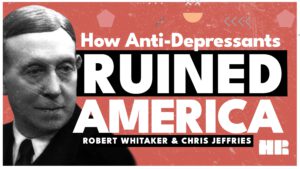
How Anti-Depressants Ruined America | Robert Whitaker
July 7, 2024
Robert Whitaker, the author and journalist discusses the controversial link between antidepressants and suicide risk. He shares a personal story about a friend who attempted suicide after being prescribed antidepressants and explains that there is evidence dating back 30 years showing that SSRI antidepressants can induce suicide in some people. Whitaker also criticizes the pharmaceutical industry for downplaying the risks and allowing these drugs to be marketed without clear warnings. The discussion then shifts to the rise of contract research organizations (CROs) in the mid-1990s and how they corrupted clinical trials, particularly in psychiatry. Whitaker argues that instead of improving mental health, we often diagnose and medicate people, such as children with ADHD, and criticizes the blind obedience to this status quo. He also discusses the importance of understanding risks and benefits in a capitalistic environment and advocates for strict regulation and oversight of corporations. Whitaker encourages individuals to become informed consumers and do their own research, and his organization, Mad in America, aims to help people make informed decisions about psychiatric treatments.
Listen →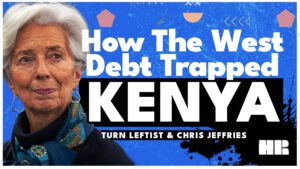
How the IMF Debt Trapped Kenya Causing Nationwide Protests
July 5, 2024
Chris Jeffries and Mike from Turn Leftist discuss how the International Monetary Fund (IMF) and Western banks have debt-trapped Kenya, leading to widespread protests. The IMF's austerity measures, privatization, and deregulation policies have disproportionately affected the poorest segments of society, causing significant economic hardship and social unrest. Jeffries challenges the common perception that China is the only country engaging in debt trap diplomacy in Africa and defends African leaders who resist Western colonialism. The speaker also discusses the contentious relationship between the IMF and countries like Argentina, Ukraine, and Kenya, and the economic hardships and social unrest caused by the IMF's austerity measures. Jeffries argues that in countries where right-wing ideologies and gun ownership are prevalent, there is a higher likelihood of fascist forces prevailing, and expresses skepticism towards international development initiatives backed by the IMF. Mike also critiques the historical involvement of Western powers in conflicts around the world, arguing that their interventions were not always driven by humanitarian concerns or defensive measures.
Listen →
Louisiana has 5 times more Prisoners than Saudi Arabia
July 4, 2024
Louisiana's unusually high incarceration rate, which is over five times higher than Saudi Arabia's. The speaker criticizes the private prison industry in the United States for contributing to the country's high prison population, with two major corporations, CoreCivic and Geo Group, having large capacities to house a significant number of prisoners. The speaker also mentions the use of prison labor by corporations such as Walmart, McDonald's, Victoria's Secret, and Whole Foods. The speaker argues that the American justice system is more focused on incarceration than execution, driven in part by the profit motive of private prisons. The speaker criticizes the public for being delusional about the realities of incarceration and the high incarceration rates in the United States, particularly in Louisiana, which has a unique system of housing state prisoners in local jails. The speaker expresses concern over the mindset of prison guards, who prioritize their jobs despite the negative consequences for individuals and communities. The video continues to explore the reasons behind the high incarceration rates in the United States and their impact on society.
Listen →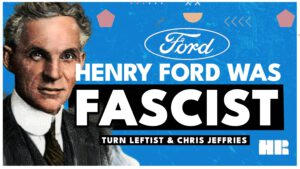
How Henry Ford Was A Fascist | Turn Leftist & Chris Jeffries
July 3, 2024
the hosts explore Henry Ford's fascist beliefs and practices, including his use of union busting and dissemination of far-right political viewpoints through his newspaper, The Dearborn Independent. Ford's rejection of modernism, promotion of racist ideologies, and obsession with Jewish plots are discussed as key elements of fascism. The video also touches upon the societal context of the era, including the fear of communism and the proletarianization of people, which contributed to the rise of fascism in America. The speakers draw parallels between Ford's practices and modern-day fascist tendencies, such as fear-mongering language, appeals to the middle class, and invasive worker surveillance.
Listen →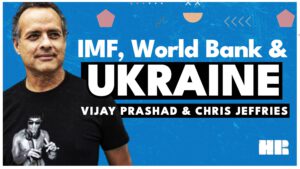
How The IMF Played a Role in the Ukraine War | Vijay Prashad & Chris Jeffries
June 30, 2024
Vijay Prashad and Chris Jeffries discuss the ongoing conflict between Ukraine and Russia, with a focus on China's peace proposal and its rejection. Vijay explains that the IMF and World Bank have played a significant role in the geopolitical conflict by imposing financial regime change on countries, leading to economic instability and potential regime change. Using examples like Argentina and Ukraine, they argue that these institutions, along with corporations, aim to make profits by deregulating economies and privatizing industries, often leading to conflict when governments resist. They also discuss the role of external forces, including the US, in instigating conflicts and regime change, using the examples of Libya and Ukraine. They criticize the prioritization of military power over development and infrastructure and the use of music and its meanings in political contexts. Overall, the scholars argue that the IMF's involvement in Ukraine's political and economic crisis led to widespread protests and political instability, ultimately contributing to the conflict.
Listen →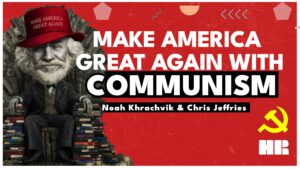
Make America Great Again WITH COMMUNISM! | Noah Khrachvik from Midwestern Marx
June 26, 2024
Noah Khrachvik from Midwestern Marx discusses the potential for communism in America, addressing misconceptions about imperialism, the historical process of proletarianization, and the role of the ruling class in American politics. Khrachvik argues that people often fail to understand the impact of imperialism on the working class and the importance of class struggle. He also emphasizes the need for unity among different groups and the potential for change when it's necessary. They touch upon the role of the ruling class in performing leftist virtue signaling while also expressing concerns about the culture war and hate speech. Khrachvik suggests that approaching Republican voters with a focus on economics rather than identity politics might be more effective in converting them to communist ideologies. Throughout the discussion, Khrachvik emphasizes the importance of education, engagement, and unity in the pursuit of a more equitable society.
Listen →
How Air Pollution is Killing Millions | Professor Michael Brauer
June 24, 2024
the discussion centers on the alarming impact of air pollution on global health and the various sources contributing to this issue. Air pollution causes at least one in 10 deaths worldwide, amounting to about 7 million premature deaths annually, and is a greater threat to life expectancy than smoking, HIV, or war. Sources of outdoor air pollution include household cooking using solid fuels, agriculture, power production, industrial processes, motor vehicles, and even small sources like lawnmowers and restaurant vents. The health impacts of air pollution are significant, particularly on an aging population, and include increased disease burden and worsened development of diseases like diabetes and dementia. Despite challenges, there are positive signs, such as improvements in air quality in some regions due to decreased use of coal and increased adoption of renewable energy sources and electric vehicles. However, addressing air pollution issues in specific communities poses challenges, and solutions must be tailored to resonate with local populations. The professor remains optimistic, emphasizing the progress made in improving air quality over the years and humanity's resourcefulness in facing challenges.
Listen →
HEATED Debate on the Ukraine War: ROUND 2
June 23, 2024
Matt, a medic currently fighting in Ukraine, issues corrections to his previous statements regarding NATO's involvement in Ukraine before 2014 and the structure of NATO as a defensive alliance. He acknowledges his mistake in stating that NATO had no prior attempts to obtain candidacy status for Ukraine between 2010 and 2014 and clarifies that individual NATO members' military actions do not necessarily mean that NATO as a whole has agreed to or endorsed it. The speakers also discuss the role of Russia as an imperialist power and its military capabilities, as well as its historical actions that have provided justifications for foreign policy interventions in neighboring countries. The debate touches upon the nature of power and imperialism, specifically regarding the United States and Russia, and the potential for a diplomatic solution to the Ukraine conflict. Additionally, the speakers discuss the issue of limited access to medical research in Ukraine due to language barriers and the competitive nature of capitalism that prevents knowledge from being shared between countries.
Listen →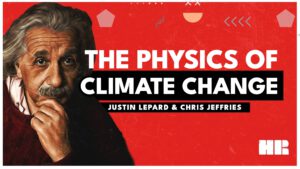
The Physics of Climate Change | Justin Lepard & Chris Jeffries
June 22, 2024
We discuss the pressing issues of climate change, increasing environmental hostility, and the limitations of technological advancements in addressing these challenges. We explore the concept of entropy and its relation to the growth of cities and the Earth's capacity to produce energy. We also reflect on the philosophical implications of life's existence and the importance of personal interests and actions in living a fulfilling life despite the challenges. We criticize relying on religious texts as a source of knowledge and argue against the root causes of extremism and wealth's influence on religious beliefs. Throughout the discussion, We emphasize the significance of understanding human nature and its impact on social systems.
Listen →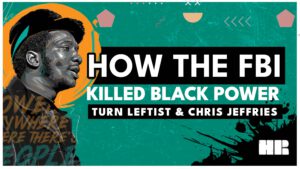
How the FBI and COINTELPRO Killed Black Liberation
June 20, 2024
the FBI's Counter Intelligence Program (COINTELPRO) and its targeted disruption of black liberation movements, particularly the Black Panther Party. The speaker outlines how the FBI, under J. Edgar Hoover's leadership, utilized tactics such as spreading rumors, sabotaging alliances, and inciting divisions within organizations to dismantle the Black Panthers. Our talk showcases examples of FBI manipulation, like forging letters between key leaders to create discord, ultimately leading to the party's internal strife and downfall. By highlighting the FBI's successful efforts in neutralizing black liberation movements through covert operations and assassinations, the video underscores the systemic oppression faced by activists fighting for social change and the disproportionate suppression of marginalized communities while showcasing the need for accountability and unity within leftist organizations.
Listen →
The Decline of America with Ex-CIA Whistleblower John Kiriakou & Chris Jeffries
June 13, 2024
John Kiriakou discusses his unsuccessful attempt to receive a pardon from former President Donald Trump, his encounter with a woman who ended their date prematurely due to his association with Fox News, and his criticisms of the Democratic Party, the CIA's involvement in political instability, and the use of torture for obtaining information. Kiriakou also shares his experience of working for a Russian news outlet, and expresses his concerns about the current state of politics in the US. Throughout the conversation, Kiriakou and Chris Jeffries reminisce about the past and express their disappointment in the current political landscape. Kiriakou also discusses his belief that Assange and Snowden deserve pardons and shares anecdotes about his personal experiences and encounters.
Listen →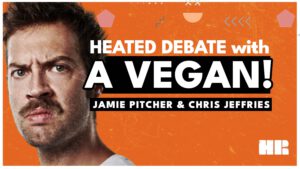
Heated Debate with a Vegan Goes Wrong | Jamie Pitcher & Chris Jeffries
June 11, 2024
Chris Jeffries discuss various aspects of veganism with guest Jamie Pitcher. They explore the intentions behind veganism, the importance of using accurate language, and the challenges of promoting ethical food choices. They also share their personal journeys towards veganism and discuss the societal issues that influence food choices. They touch upon topics such as the exploitation of animals in clothing production, the ethical dilemmas of farming, and the societal conditioning that allows harmful practices to persist. They also address common arguments against veganism and discuss alternative farming methods. Throughout the conversation, they emphasize the importance of reducing harm to animals and the environment.
Listen →
HEATED Debate on UKRAINE Goes off the Rails | Turn Leftist & Chris Jeffries
June 8, 2024
a passionate discussion about the origins and complexities of the conflict in Ukraine. Matt, a former open source intelligence analyst and combat medic in Ukraine, shares his perspective on the historical mistreatment of Ukraine within the Russian Empire and the significance of Ukraine's role in the Russian Civil War. The conversation then shifts to the impact of NATO and American influence on Ukraine's independence and sovereignty, with disagreements on the significance of NATO expansion and its impact on Ukraine's sovereignty. The speakers also discuss the historical context of Russia's attempts to destroy Ukraine's cultural identity and the role of private military companies like the Wagner group in the conflict. The debate becomes heated as the speakers express their emotional stakes in the issue and offer differing perspectives on the causes and solutions to the conflict. The speakers also touch upon the economic interests behind geopolitical conflicts and the role of imperialism in the ongoing situation between Ukraine and Russia.
Listen →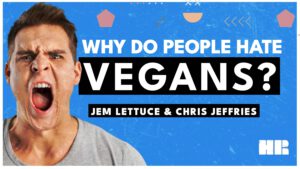
Why do People HATE Vegans!? | Jem Lettuce & Chris Jeffries
June 6, 2024
Jem Lettuce and Chris Jeffries discuss various reasons for the opposition to veganism, including misconceptions about what veganism entails, health concerns, and speciesism. They emphasize the importance of helping people realize their existing vegan values and principles, rather than trying to change their perspectives. They also discuss the connection between speciesism and veganism, acknowledging the challenge of changing people's minds about animal rights. They encourage addressing the underlying mindset of speciesism to promote animal rights and reduce harm to all living beings. The speakers also touch upon the importance of commitment and education when transitioning to a vegan lifestyle and share personal experiences of dealing with resistance from family members and the importance of staying persistent in spreading the vegan message. Jem Lettuce expresses his admiration for the vegan community and plans to engage in more online activism, including live debates with opponents. They express their admiration for various vegan activists and encourage viewers to follow them on social media platforms.
Listen →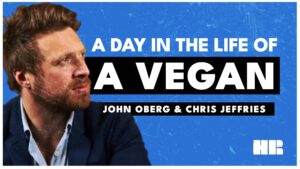
A Day in the Life of a Vegan | John Oberg & Chris Jeffries
May 29, 2024
John shares his unique vegan diet, including his morning smoothie made with unconventional ingredients, his love for tofu and tempeh, and his discovery of healthy vegan desserts. He also discusses his motivation for adopting a vegan lifestyle and his fitness journey. John and Chris also emphasize the importance of animal sanctuaries and reducing animal suffering, and encourage viewers to consider the connection between animal rights and social justice. They share their personal experiences with transitioning to a vegan diet and offer words of encouragement to activists. Chris' unconventional approach to advocacy, such as confronting meat-eaters outside restaurants, is met with caution from John. Despite their differing approaches, they remain committed to spreading the vegan message with compassion and respect for all living beings.
Listen →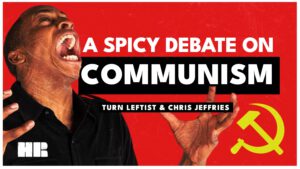
Heated Debate on Communism | Turn Leftist vs. Chris Jeffries
May 24, 2024
Mikey from Turn Leftist discusses his transition from libertarianism to anarcho-Stalinism, advocating for a gradual takeover of state apparatuses to achieve anarchism. They also explore the potential benefits of decentralized governance and the exploitation of animals, which they connect to human exploitation. They touch on various social and political issues, including veganism, indigenous peoples, and collective action, while expressing frustration with the media's portrayal of political candidates and foreign countries. The speakers engage in a passionate debate, discussing the role of individuals in societal change, the challenges of implementing democratic and transparent businesses, and the failure of cryptocurrency to live up to its democratic potential. Throughout the conversation, they acknowledge the complexities and challenges of implementing their ideologies while emphasizing the importance of accountability and democratic control.
Listen →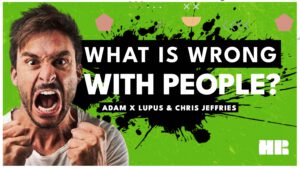
What Is Wrong with People? | Adam X Lupus & Chris Jeffries
May 20, 2024
Adam x Lupus and Chris Jeffries express concerns about the overwhelming amount of information available on the internet and the state of society. He uses the metaphor of a spaceship to describe the human experience and raises questions about the impact of wealth and power on individuals and the environment. Chris Jeffries ponders the collective direction of humanity, questioning whether we are becoming more hedonistic and primal or moving towards a dystopian future. He also discusses the cognitive dissonance people experience when it comes to their love for animals and their consumption of animal products. They share their personal experiences with various religious and spiritual communities, and reflects on the interconnectedness of all beings on Earth. He criticizes the value placed on certain individuals over others and the treatment of animals, questioning the morality of breeding and raising people differently based on their circumstances. They also touch upon the complex web of corruption involving alphabet agencies and corporations and the difficulty of stopping the funding of questionable activities.
Listen →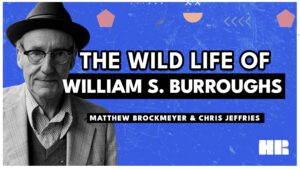
Who is William S. Burroughs? | Matthew Brockmeyer & Chris Jeffries
May 11, 2024
the life and work of William S. Burroughs, a Beat Generation writer, through a series of discussions with hosts Matthew Brockmeyer and Chris Jeffries. They delve into Burroughs' early life, including his struggles with sexuality, his fascination with firearms, and his experiences as an exterminator in Chicago. The hosts also discuss Burroughs' experimentation with drugs, including his accidental shooting of his wife, and his development of the cut-up method of writing. Additionally, they touch on the publication of his novel "The Naked Lunch" and its controversial reception, as well as his connections to other notable figures of the Beat Generation.
Listen →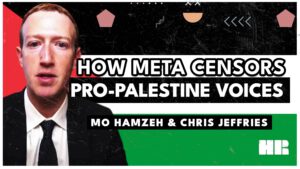
Meta is Shadow Banning Pro-Palestinian Activists | Mo Hamzeh & Chris Jeffries
May 8, 2024
Mo Hamzeh and Chris Jeffries share their personal experiences and frustrations with censorship on social media platforms, specifically Meta (formerly Facebook,) and the disproportionate impact on the Palestinian community. Hamzeh discusses his family's history as Palestinian refugees and his emotional connection to the land. Both speakers express concern over the shadow banning and dehumanization of Palestinians on social media, as well as in Western media. They criticize biased reporting, the targeting of journalists, and the killing and displacement of civilians, including children. Hamzeh and Jeffries argue that the conflict between Palestinians and Western powers, particularly the US and Israel, is systemic and that the media's bias in reporting is an attempt to control the narrative. They call for increased empathy, understanding, and action against the situation, which they believe has become normalized.
Listen →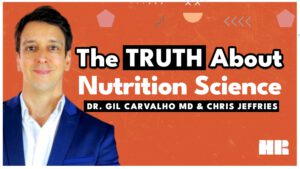
The Truth about Nutrition Science with Dr. Gil Carvalho MD
April 2, 2024
Dr. Carvalho discusses the prevalence of misinformation in nutrition science and the importance of considering scientific evidence and methodology. He emphasizes the importance of examining the pattern of research over time, rather than relying on individual studies, and warns against oversimplifying complex scientific concepts. Dr. Carvalho also touches on the challenges of communicating nuanced information to the public and the rise of evidence-based content from scientists and doctors on social media. He discusses the complexity of nutrition science, focusing on the health effects of different foods, specifically milk, and the controversies surrounding certain food groups like dairy and saturated fat. Dr. Carvalho encourages a balanced approach to nutrition and warns against labeling certain foods as universally good or bad based on individual sensitivities or intolerances. He also discusses the importance of considering multiple studies and perspectives in nutrition science and the need to base scientific claims on evidence rather than personal biases or ideologies.
Listen →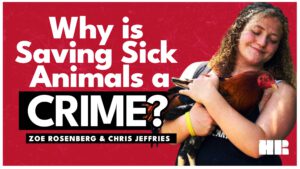
Beyond Veganism with Zoe Rosenberg & Chris Jeffries (Animal Rights Activism)
March 23, 2024
Zoe Rosenberg, an American animal rights activist and founder of the Happy Hen Animal Sanctuary, shares her experiences of protesting against animal cruelty and being charged for animal rescues. Growing up with a deep love for animals, Rosenberg became a direct action animal rights activist, organizing protests and rescues. She recounts her involvement with Direct Action Everywhere (DXE) and the arrests and convictions of its co-founder, Wayne, for animal rescues. Rosenberg also shares her personal experiences with being charged for rescuing dogs and facing harsh punishments, emphasizing her commitment to animal rights despite the challenges. The speakers express their frustration with the legal system's treatment of animal cruelty cases and encourage viewers to get involved in animal activism beyond veganism, including attending protests and visiting animal sanctuaries. They also discuss the intelligence and worth of farmed animals and encourage viewers to support individuals legally pursued for rescuing animals. Its time to save animals beyond veganism!
Listen →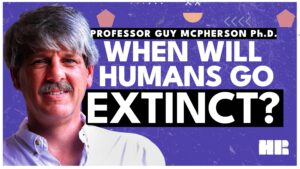
When Will Humans Go Extinct | Professor Guy McPherson Ph.D. | HR #211
March 18, 2024
Professor Guy McPherson discusses various topics related to the ongoing mass extinction event, denialism, and the limitations of human progress. He mentions the denial of the mass extinction event by many people, including government officials and media personalities, and shares his personal experience with a defamation campaign. McPherson also touches on the issue of microplastics and their impact on wildlife and humans. Furthermore, McPherson discusses the concept of progress and the limitations of man-made advancements, using the example of civilization functioning as a heat engine. He shares anecdotes from his high school days and draws parallels between cultural differences in Europe and America. McPherson also shares his perspective on historical events, such as World War I, World War II, and the Spanish Flu, and their impact on population growth. Additionally, McPherson discusses the importance of skilled labor and the role of white privilege in global overpopulation. He shares his personal struggles with physical and mental health and reflects on how society has changed regarding health and the naming of clothing. McPherson also discusses the historical exclusion of women in scientific fields and the case of Paul Ehrlich's "The Population Bomb" publication. Throughout the conversation, McPherson expresses frustration over humanity's denial of the potential negative consequences of civilization and the importance of taking care of oneself and others
Listen →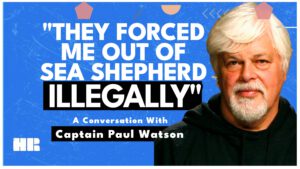
A Conversation with Sea Shepherd Founder Captain Paul Watson | HR #210
March 10, 2024
Captain Paul Watson, a Canadian American environmentalist, animal rights activist, marine wildlife conservationist, author, and founder of the Sea Shepherd Conservation Society, shares his lifelong dedication to protecting marine life and the natural world. Watson discusses his earliest memories of being fascinated by animals and his philosophy of aggressive nonviolence. He recounts his experiences with Greenpeace, which sparked his commitment to animal rights activism, and his decision to establish Sea Shepherd to directly intervene and save animals from harm. Watson also reflects on the challenges he faced with the bureaucratization and hijacking of Sea Shepherd, as well as his legal issues and international travel experiences. Throughout the conversation, Watson emphasizes the importance of taking action in the present and using one's skills to make a difference in the world, while encouraging persistence in the face of adversity. He shares examples of individuals who have changed the world and encourages young people to follow their passions and take action, despite the difficulties and uncertainty of the future.
Listen →The Strength of Western Propaganda | Alan MacLeod & Chris Jeffries | HR #209
March 4, 2024
Alan Macleod and Chris Jeffries discuss the biased coverage of the Israeli-Palestinian conflict by Western media and the role of propaganda in shaping public perception. They critique the use of the term "war" to describe the conflict, arguing that it's not between two equal sides but rather decades of occupation leading to the displacement of nearly two million Palestinians. They also criticize the media's acceptance of Israeli claims without reporting on the other side and the blame placed on Palestinian groups. They provide examples of false information spread through social media accounts and discuss the economic power of China and its impact on Southeast Asian countries. They argue that the United States may try to maintain control through military means as it economically declines. They also discuss the similarities in foreign policy decisions between Republican and Democratic presidents and the focus on Russian interference in the 2016 election. They express concern over the weaponization of social media and the potential for dangerous wars, such as the one being pushed by the influential group United Against Nuclear Iran (UANI), which aims for regime change in Iran.
Listen →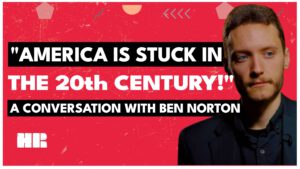
America Is STUCK in the 20th Century | Ben Norton | HR #208
February 19, 2024
Ben Norton from The Geopolitical Economy Report, discusses various issues and global power shifts are discussed, with a focus on the International Court of Justice (ICJ), Israel, and the Middle East. Ben Norton highlights Israel's history with the ICJ, including its losses in cases related to the separation wall and actions against Nicaragua during the Reagan Administration. The US's veto power in the Security Council has prevented the implementation of these rulings, raising questions about the outcome of the current allegations of genocide against Israel at the ICJ. Additionally, Ben Norton discusses the US's influence in the Middle East and China's rise as a manufacturing superpower and a significant player in the production of green technology. The US's interventionist policies and historical support for extremist Islamist groups in the region have fueled ongoing conflicts, causing many countries to seek closer ties with China. This trend is further augmented by China's economic cooperation with various countries, including those in Africa, where the US has experienced negative impacts due to its historically aggressive foreign policies. Ben Norton also touches upon the resource curse, the influence of former colonizers in West African countries, and Russia's diplomatic and trade strategies in Africa and South Asia. The US's historic interventions and the limited incentives it offers have driven many developing countries to seek economic and diplomatic cooperation with China. The speaker argues that the US, stuck in a 20th-century mindset, needs to provide more incentives to compete with China rather than just threats.
Listen →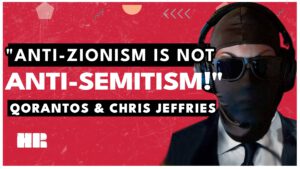
Anti Zionism is NOT Anti-Semitism | Qorantos & Chris Jeffries | HR #207
February 15, 2024
Qorantos and Chris Jeffries discuss the Israeli-Palestinian conflict's complexities and the controversial association between anti-Zionism and anti-Semitism. Guest Corantos, known for his debates regarding Gaza and Israel-Palestine, shares his views on Israel's actions, questioning the use of the "human shield" argument and challenging the assumption that Zionists genuinely desire coexistence. The speakers also discuss the larger implications of US alliances with Israel, political discourse, and ethical concerns. In a lighter segment of the conversation, they touch on technological advancements, mental health, and the ethical considerations of veganism and animal agriculture.
Listen →
Gaza, Capitalism and Imperialism | A Conversation with RATHBONE | HR #206
February 10, 2024
Rathbone discusses the complexities of capitalist systems, using the examples of New Orleans' corrupt politics and the Israeli-Palestinian conflict. He shares his perspective on the struggling city of New Orleans, attributing its corruption to capitalist systems and admitting his deep connection to the city despite its challenges. However, he also emphasizes its unique history and cultural contributions. Regarding the Israeli-Palestinian conflict, Rathbone and Chris Jeffries discuss the historical context, including the displacement of Palestinians and the use of violence. They argue that Palestinians, like the Houthis in Yemen, resist by disrupting trade and challenging power imbalances. Rathbone is critical of international involvement, particularly the role of the United States, and expresses sympathy for resistance groups. The conversation also delves into the complexities of morality and violence in the context of the conflict. Rathbone argues against the condemnation of Palestinians for using violent resistance, noting historical examples of justified violence against oppressors. They also critique undercover Israeli operatives' use of deception, emphasizing its harmful impact on the Palestinian community. Furthermore, Rathbone explores the control of resources and exertion of power through the examples of the Israeli-Palestinian conflict and U.S.-Israeli relationship. He calls for recognition of historical decisions and their consequences and warns of the potential global consequences if such actions continue.
Listen →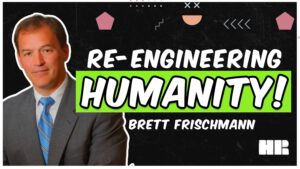
Re-Engineering Humanity | Brett Frischmann | #205 HR Podcast
January 27, 2024
Brett Frischmann, the interdisciplinary law professor shares his unexpected journey from studying math, science, and astrophysics to becoming a law professor specializing in technology and economics. Frischmann discusses his book, "Re-Engineering Humanity," which explores the impact of technologies and infrastructures on individuals and communities. He also expresses concerns about the power dynamics and potential consequences of surveillance and data collection, particularly within the context of the internet and artificial intelligence. Throughout the discussion, Frischmann emphasizes the importance of understanding the complex and interconnected nature of societal issues, including the role of individuals and communities in engaging with technology. He also touches upon the potential dangers of propaganda and manipulation, particularly in the context of new communication and media technologies. Overall, Frischmann's talk highlights the importance of questioning our desires, understanding the systems that shape our beliefs, and advocating for responsible use of technology.
Listen →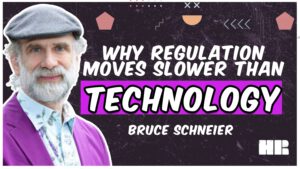
Why is Regulation Slower Than Technology? | Bruce Schneier | #204 HR Podcast
January 22, 2024
Cybersecurity expert Bruce Schneier discusses the challenges of applying traditional systems like democracy and capitalism to the information age. He argues that these outdated systems are struggling to adapt to the complexities of modern technology, leading to power imbalances and issues like slow regulation. Schneier expresses a desire to find new solutions and a greater role for regulatory bodies in counterbalancing corporate power. He also discusses the challenges of securing democracy in the digital age, particularly in relation to social media and fake news. Topics addressed include market dynamics, network effects, and the need for new ways to regulate companies and protect consumer rights in the face of rapidly evolving technologies, such as DRM and facial recognition. Concerns over privacy and data sharing with law enforcement are also highlighted
Listen →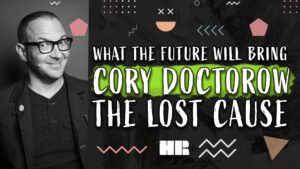
What the Future will Bring | Cory Doctorow | The Lost Cause | #203 HR Podcast
January 7, 2024
Chris Jeffries and Cory Doctorow discuss his latest book, "The Lost Cause" which explores a future where humans adapt to a post-climate apocalypse and embrace radical changes to harness 0.4% of the sun's energy. Doctorow also talks about the origins of money and the roles of governments and markets. He critiques rents, intermediaries, and rent-seeking in the technology sector, discussing Uber's history of violating competition laws and its transformative impact on the industry. Doctorow emphasizes the need for competition law enforcement and legislation to level the playing field for small businesses and prevent monopolies. He also touches upon the historical context of Marxist theory and the interplay between competition and regulation. Throughout the conversation, Doctorow raises concerns about the concentration of power and wealth in the technology sector and its potential impact on the future.
Listen →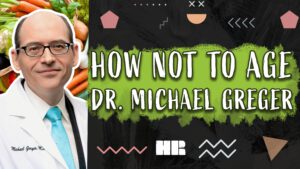
How Not To Age | Dr. Michael Greger | #202 HR Podcast
January 2, 2024
In "How Not To Age," Dr. Michael Greger talks about the eating habits of centenarians, drawing from research in areas known as "blue zones" where people live longest and healthiest. These individuals mainly consume whole plant foods, limit processed items, meat, dairy, eggs, sugar, and salt, favoring fruits, vegetables, whole grains, legumes, nuts, seeds, mushrooms, and herbs. Dr. Greger also discusses the debate around coffee consumption and aging, stating that long-term health isn't impaired despite short-term brain and arterial effects. He advises on optimal coffee consumption, such as filtered brewed coffee for the highest antioxidant benefits. Furthermore, Dr. Greger touches on topics like inflammation reduction through diet, natural anti-aging remedies, managing stress, and the impact of the food industry on health. He provides insights on increasing anti-aging enzyme AMPK through vinegar and black cumin, maintaining healthy blood sugar, and minimizing stress through healthy lifestyle choices. Dr. Greger criticizes the influence of food industries on nutrition science and encourages listeners to educate themselves and make informed decisions for their health
Listen →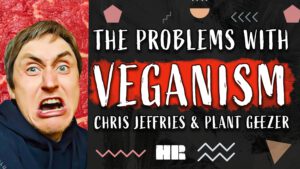
The Big Problem with Veganism | Chris Jeffries & Plant Geezer | #201 HR Podcast
December 24, 2023
Chris Jeffries and Plant Geezer discuss the challenges and misconceptions surrounding veganism. They highlight the mean-spiritedness of some within the vegan community, which makes it difficult to gain traction with non-vegans. They also address arguments against veganism, such as humans being omnivores, and dismiss them as flawed. The speakers stress the importance of not picking and choosing which injustices to care about and emphasize the need for cultural change in order to gain majority support for veganism. They also discuss the influence of capitalism and government subsidies in promoting unhealthy eating habits and the need to address food addiction. Despite the challenges, they express hope that the vegan revolution can overcome these obstacles.
Listen →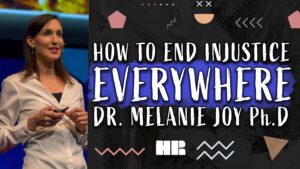
How To End Injustice Everywhere | Dr. Melanie Joy Ph.D. | #200 HR Podcast
December 19, 2023
My Friend Dr. Melanie Joy, a Harvard-educated clinical and social psychologist, discusses her new book where she argues that all forms of injustice, including violence towards animals, humans, and the environment, share the same underlying structure and mentality. She also explores the concept of relational dysfunction, which stems from a non-relational mentality that disconnects individuals from their empathy and rational thoughts, leading to unjust actions and infighting within social movements. Dr. Joy emphasizes the importance of building relational literacy to combat this mentality and create a more relational world where dignity is honored for all beings. Additionally, Dr. Joy addresses the detrimental effects of infighting within the vegan community and the impacts of chronic disregulation on individuals and communication. She encourages individuals to prioritize self-regulation, clear communication, and emotional intelligence to reduce toxicity within movements and maintain productivity and effective engagement
Listen →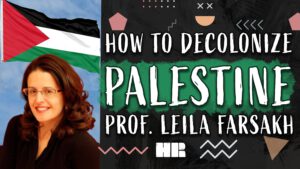
How To DECOLONIZE Palestine | Professor Leila Farsakh Ph.D. | #199 HR Podcast
December 14, 2023
My Friend Professor Leila Farsakh Leila Farsakh discusses her book "Rethinking Statehood in Palestine" and her research on the doctrine of self-determination and decolonization. Farsakh argues that the creation of a Palestinian state after the 67 War and the UN resolution 242 was doomed from the start, as Israeli settlements destroyed the possibility of having territorial integrity and continuity in a potential Palestinian state. Farsakh also advocates for an alternative understanding of statehood that focuses on democratic institutions and depoliticizing ethnic identity in order to create a more inclusive state. She also discusses the history and principles of Zionism, and how Israel's creation led to the displacement of two-thirds of the Palestinian population. Farsakh notes that Zionism was a colonialist movement that aimed to create a Jewish state as a project of salvation for the Jewish people. She discusses the hypocrisy of the global community's response to the Israeli-Palestinian conflict, particularly how it is so different from their responses to the ongoing violence in Ukraine. Despite the challenges, Farsakh remains hopeful that a political solution is possible with the growing activism and support for Palestinian causes in the US, and notes the importance of respecting international law and the rule of law in order to resolve the conflict.
Listen →NEW STUDY: Men are Voting Far Right in Record Numbers, While Women are Voting Left
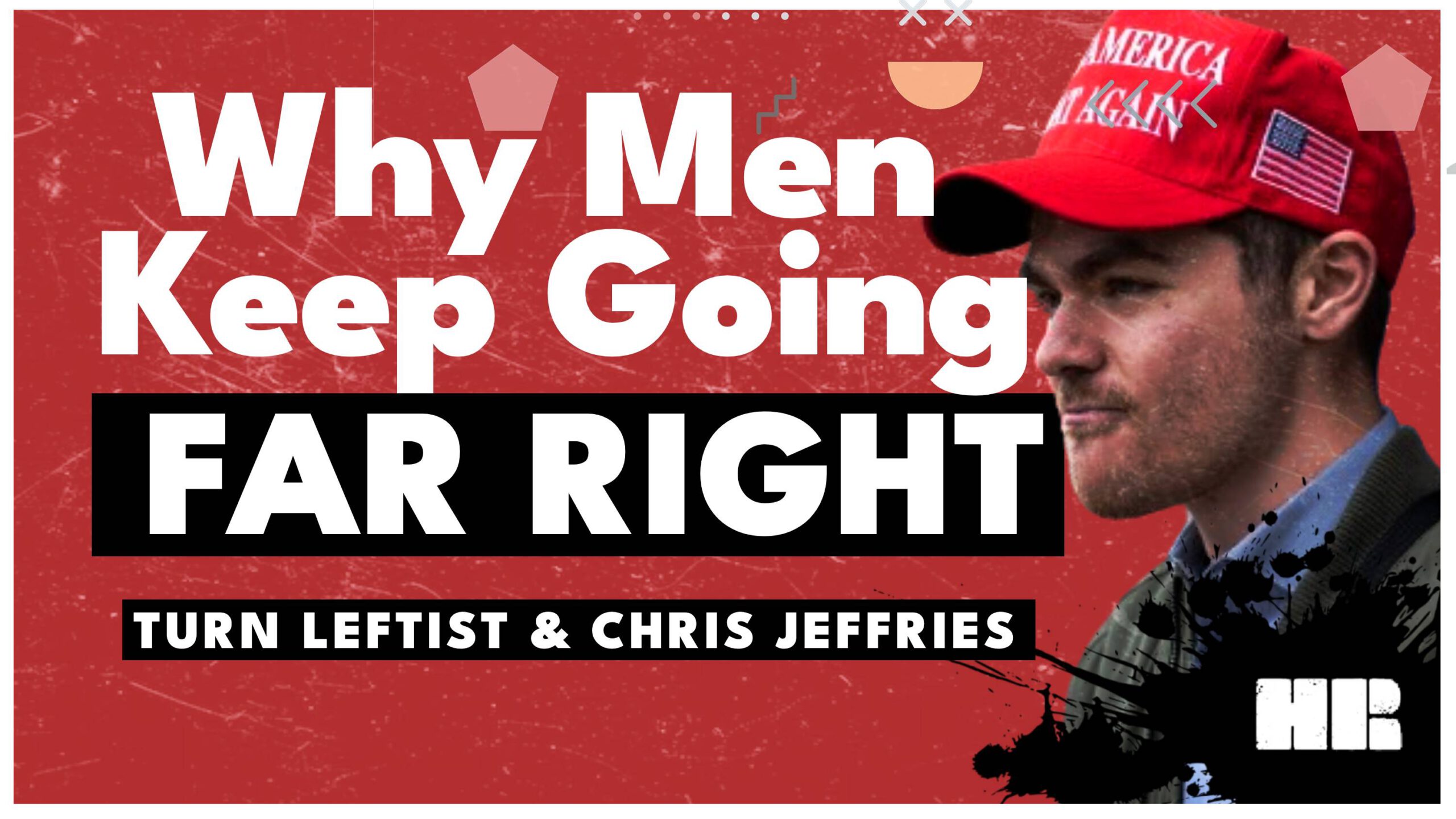
Chris Jeffries and Mike from Turn Leftist discuss the growing gender gap in voting preferences in Western democracies. Women, particularly younger ones, are increasingly supportive of left-wing parties due to their preferences for economic redistribution and social policies. Men, on the other hand, are showing stronger support for right-wing and far-right parties. They provide statistics from various countries to support this trend and attributes it to the erosion of traditional male-dominated industries and the growing service-oriented economy. He also touches upon the challenges of engaging with individuals holding extreme political views and the need for a new conception of manhood that values adaptability, emotional intelligence, and cooperation.
Israel is Dumping Nuclear Waste in Palestine
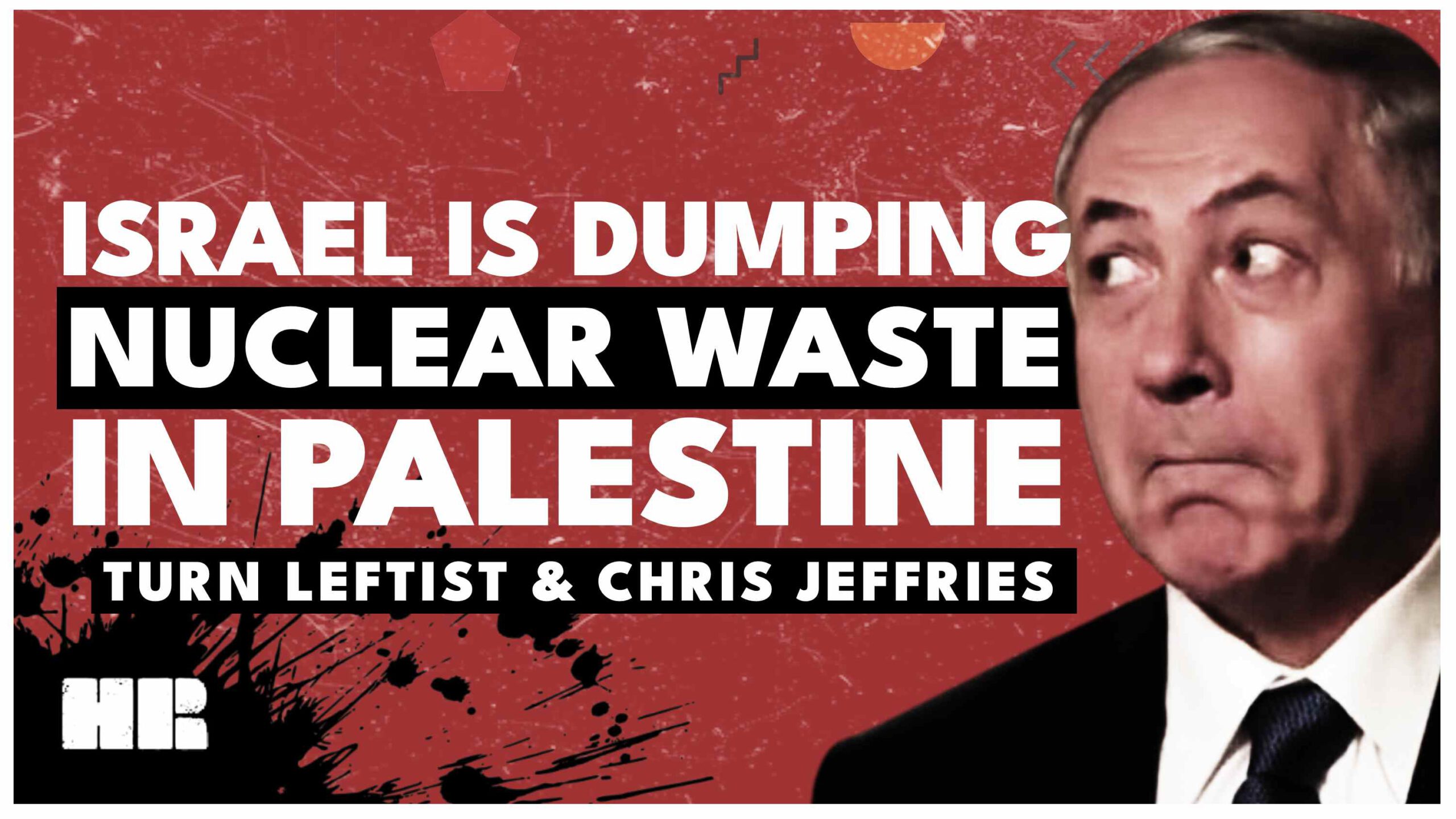
Chris Jeffries accuses Israel of dumping nuclear waste in the Palestinian territories, specifically in the Hebron region of the West Bank. This alleged dumping has led to higher rates of cancer, disabilities, and deformities among the local population. The town of Yat is believed to be contaminated with radioactive uranium. Israel prevents Palestinian and international inspectors from accessing these suspected dumping grounds. The Palestinian Authority accuses Israel of using 98 landfills across the occupied West Bank to dump various types of waste, including nuclear waste. Chris Jeffries also mentions other ways Israel has treated Palestinians unfairly, such as restrictions on movement, home demolitions, forced evictions, and restrictions on access to natural resources. Israel places severe limitations on Palestinian civil and political rights to suppress dissent and maintain its system of domination. Chris Jeffries expresses frustration over the lack of action from the international community and calls for investigations into Israel's waste disposal practices. They also encourage viewers to take actions they can to make a difference, such as spreading awareness and boycotting related products.
How The West Debt Trapped Sri Lanka
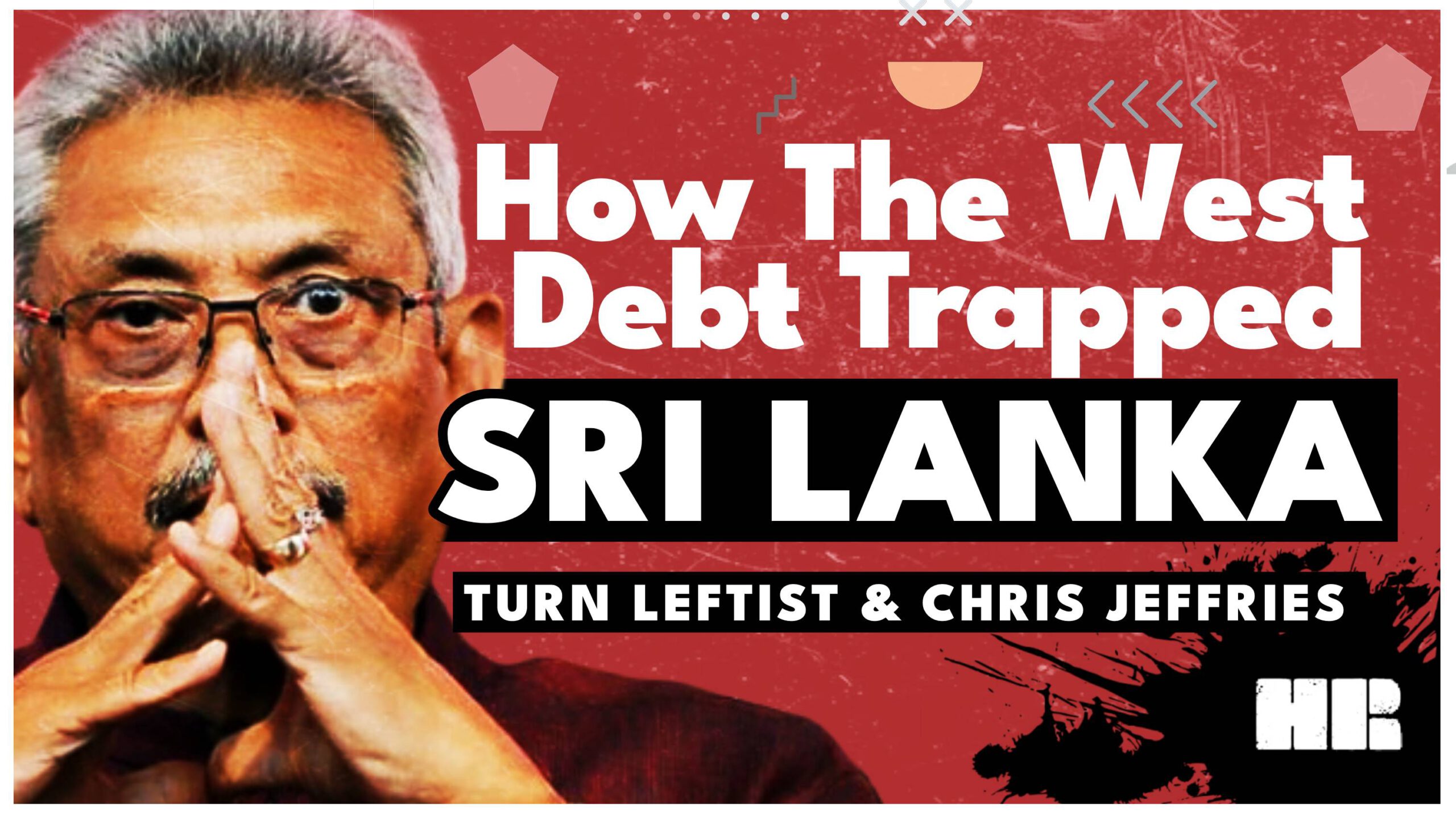
Ben Norton of Geopolitical Economy wrote an article that discusses the misleading accusations against China for Sri Lanka's debt crises and economic instability. Contrary to popular belief, 81% of Sri Lanka's external debt is owed to Western financial institutions and allies, while China holds only 10%. The West's accusations are criticized as misleading, given Sri Lanka's long history of struggling with Western debt and the IMF's failed economic stabilization programs since gaining independence from British colonialism in 1948. Chris Jeffries also highlights the role of Western financial institutions and the use of the dollar in trade due to military presence, not voluntary agreements. The media's blame game against China is challenged, and the speaker accuses The Wall Street Journal of misrepresenting facts and prioritizing political points over journalism. Chris Jeffires also touches upon the ongoing conflict in Ukraine and the West's unwillingness to negotiate for peace, prioritizing financialization over diplomacy. Then it concludes by discussing the decline of reputable cable channels into sensationalist media driven by profit motives and advocating for socialism and democratic control over institutions to prevent harmful business practices.
How Gaddafi Was Wrongfully Branded a Dictator and Killed by the U.S.
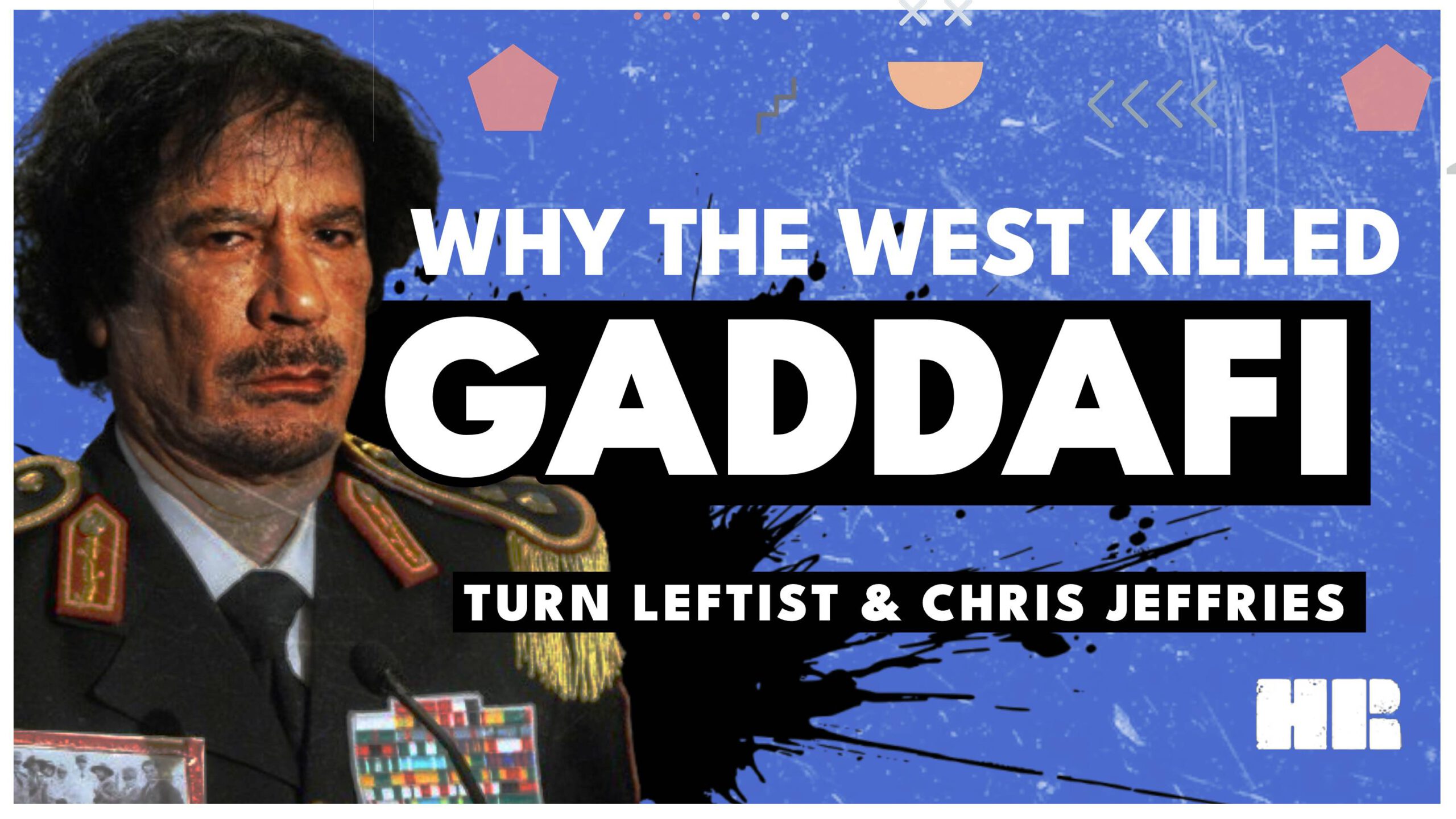
Chris Jeffries disputes the Western portrayal of Muammar Gaddafi as a brutal dictator and highlights his achievements in transforming Libya into a country with a high development index, prioritizing education, healthcare, and housing. Chris Jeffries argues that Gaddafi's socialist ideas and progress were manipulatively overshadowed by allegations of human rights abuses, which lacked concrete evidence. Mike criticizes the 2011 intervention as a ploy to sow chaos and take control of Libya's resources, leading to the country's descent into chaos, economic collapse, and a humanitarian crisis. He also touches on the flaws of capitalism and the importance of building sustainable systems for future generations.
The US, Israel and Ukraine | Greg J. Stoker
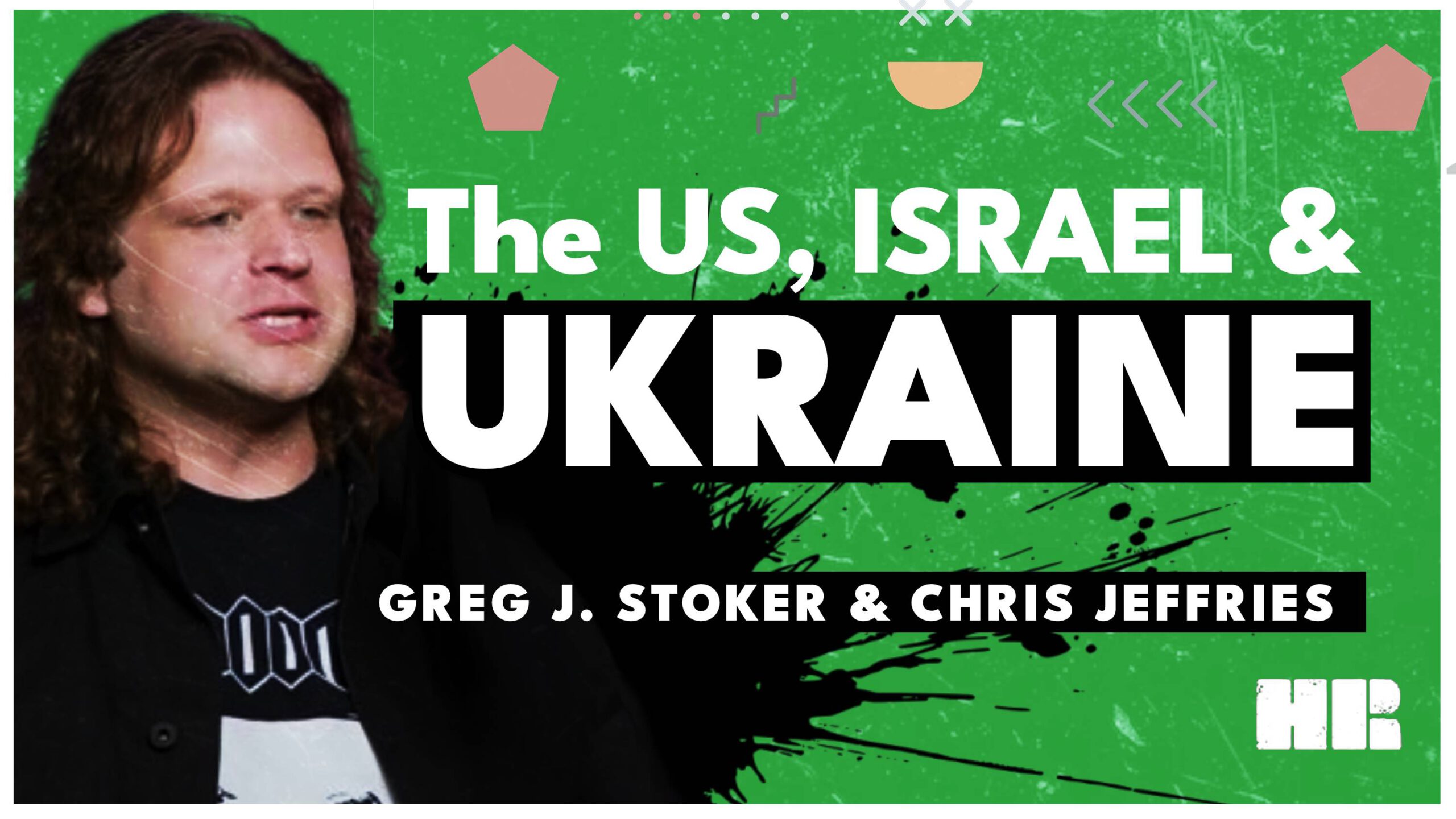
Greg J. Stoker, he shares his personal journey from being a military participant in US imperialism to an anti-imperialist activist. He critiques the morality and effectiveness of US wars, specifically the Obama administration's drone strike policy and the lack of accountability for civilian casualties. Stoker also discusses his concerns over Israel's military actions, including the use of controversial weapons like white phosphorus and medieval siege weapons, and their strategic unsoundness. The conversation also covers the concept of different generations of warfare, the Israeli-Palestinian conflict, and the ongoing war in Ukraine, with a focus on the role of the US and Israel. Stoker argues that resistance movements, such as those in Ukraine, suffer more casualties due to a lack of resources and advanced technology, and that the war in Ukraine lacks a clear exit strategy or defined objectives. He also touches upon the role of China and Russia in global affairs and their involvement in resource extraction in countries like the Congo. Throughout the discussion, Stoker sheds light on the complexities and ethical dilemmas of military involvement in foreign conflicts.
Elon Musk Advocates for Overthrowing Bolivia, The Country with the Largest Lithium Reserves
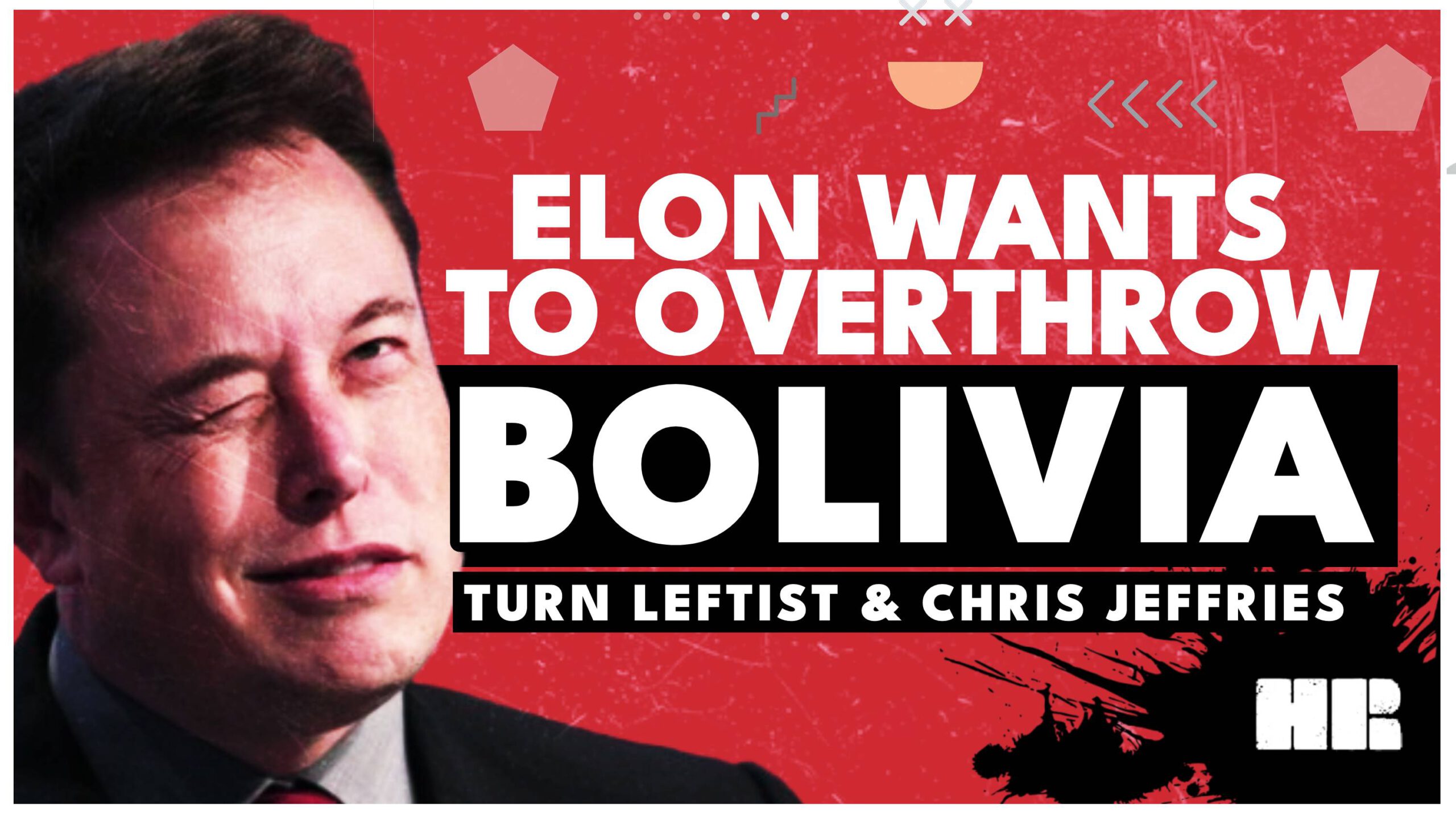
Elon Musk's controversial advocacy for overthrowing the Bolivian government to gain access to their vast lithium reserves is discussed. Musk's statement, made several years ago in response to a tweet about a US-backed coup against Bolivian President Evo Morales, was criticized for his apparent excitement about easier access to the country's mineral wealth. Mike argued that someone may have planned the coup in advance and released a headline about lithium discoveries in Pennsylvania to distract from Bolivia's resources. Mike also shared his perspective on humanity's need for vast amounts of power and the importance of considering the feelings of all living beings, not just humans. However, his advocacy for exploiting Bolivia's lithium reserves was criticized for hypocrisy, given his portrayal as a visionary leading humanity towards a sustainable future. The speaker also discussed Musk's deletion of a tweet expressing his desire to overthrow Morales and compared it to the actions of 19th-century coal barons. The historical context of Western attempts to interfere in Bolivia's politics was also touched upon, including the fabricated sexual misconduct allegations against Morales and the use of coercion and political maneuvering to discredit him. The speaker argued that this incident was reminiscent of past CIA interventions in Bolivia and throughout Latin America. Musk also engaged in a conversation about free speech and the manipulation of information, expressing his frustration with double standards and the lopsided support for the US empire. They emphasized the importance of understanding and accepting people's perspectives before jumping to conclusions and criticized the hypocrisy of targeting people of color for perceived wrongdoings while ignoring the actions of the wealthy and powerful. Mike also reflected on his cynical worldview and the human capacity for both good and bad, expressing his admiration for disappointed idealists and his belief that humanity had great gifts but had squandered them through modernity and industrialization.
How Anti-Depressants Ruined America | Robert Whitaker
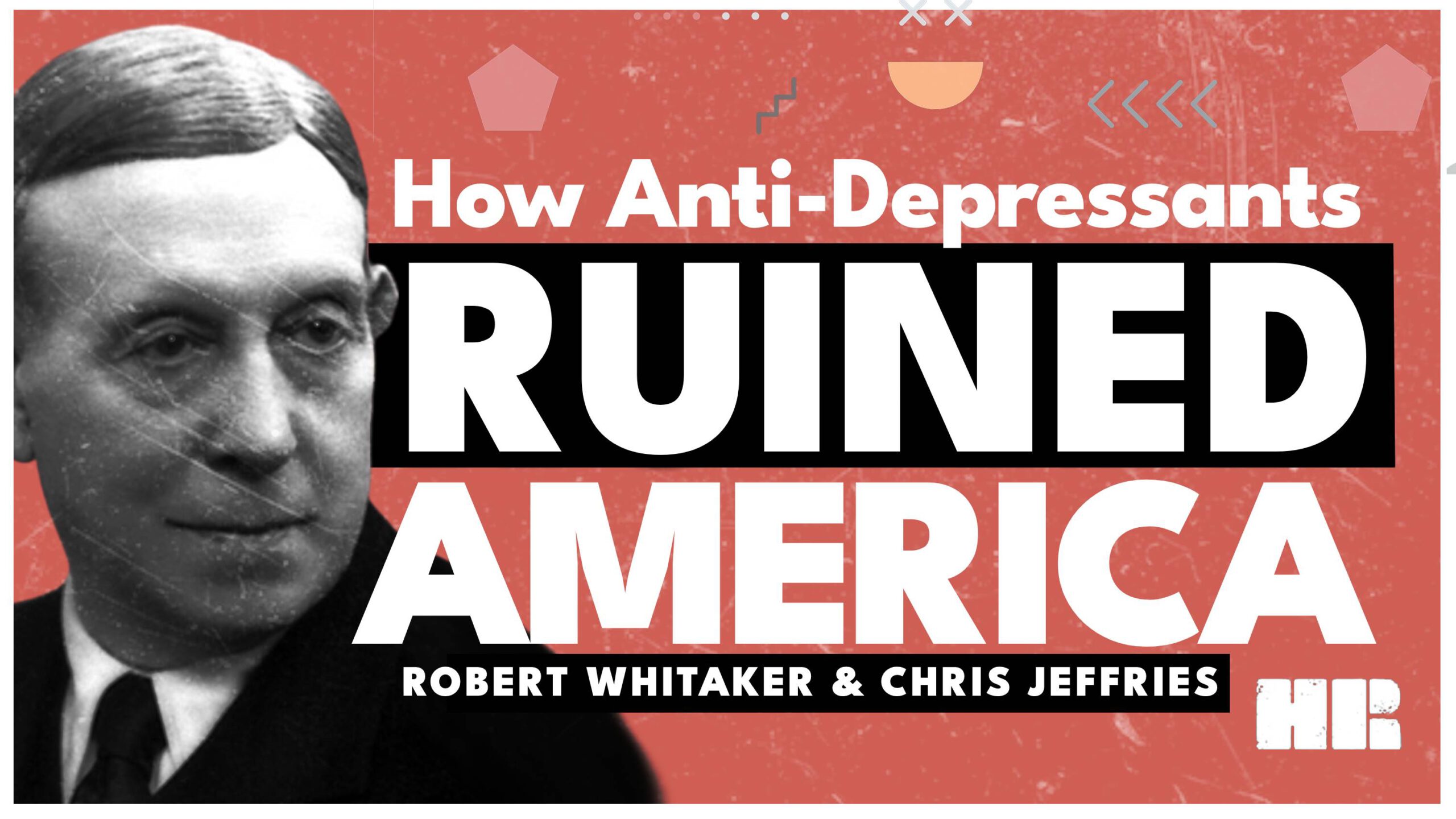
Robert Whitaker, the author and journalist discusses the controversial link between antidepressants and suicide risk. He shares a personal story about a friend who attempted suicide after being prescribed antidepressants and explains that there is evidence dating back 30 years showing that SSRI antidepressants can induce suicide in some people. Whitaker also criticizes the pharmaceutical industry for downplaying the risks and allowing these drugs to be marketed without clear warnings. The discussion then shifts to the rise of contract research organizations (CROs) in the mid-1990s and how they corrupted clinical trials, particularly in psychiatry. Whitaker argues that instead of improving mental health, we often diagnose and medicate people, such as children with ADHD, and criticizes the blind obedience to this status quo. He also discusses the importance of understanding risks and benefits in a capitalistic environment and advocates for strict regulation and oversight of corporations. Whitaker encourages individuals to become informed consumers and do their own research, and his organization, Mad in America, aims to help people make informed decisions about psychiatric treatments.
How the IMF Debt Trapped Kenya Causing Nationwide Protests
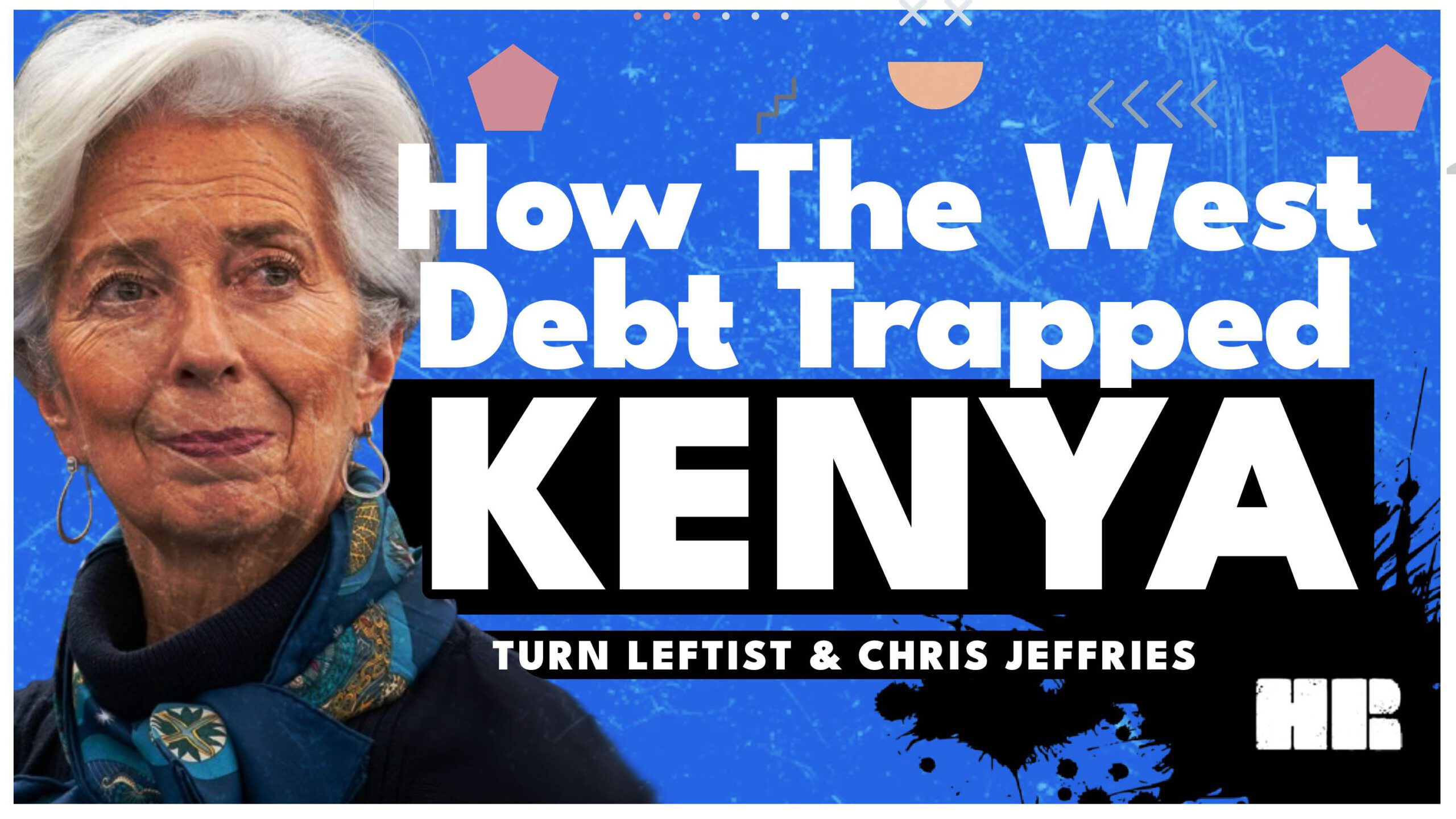
Chris Jeffries and Mike from Turn Leftist discuss how the International Monetary Fund (IMF) and Western banks have debt-trapped Kenya, leading to widespread protests. The IMF's austerity measures, privatization, and deregulation policies have disproportionately affected the poorest segments of society, causing significant economic hardship and social unrest. Jeffries challenges the common perception that China is the only country engaging in debt trap diplomacy in Africa and defends African leaders who resist Western colonialism. The speaker also discusses the contentious relationship between the IMF and countries like Argentina, Ukraine, and Kenya, and the economic hardships and social unrest caused by the IMF's austerity measures. Jeffries argues that in countries where right-wing ideologies and gun ownership are prevalent, there is a higher likelihood of fascist forces prevailing, and expresses skepticism towards international development initiatives backed by the IMF. Mike also critiques the historical involvement of Western powers in conflicts around the world, arguing that their interventions were not always driven by humanitarian concerns or defensive measures.
Louisiana has 5 times more Prisoners than Saudi Arabia
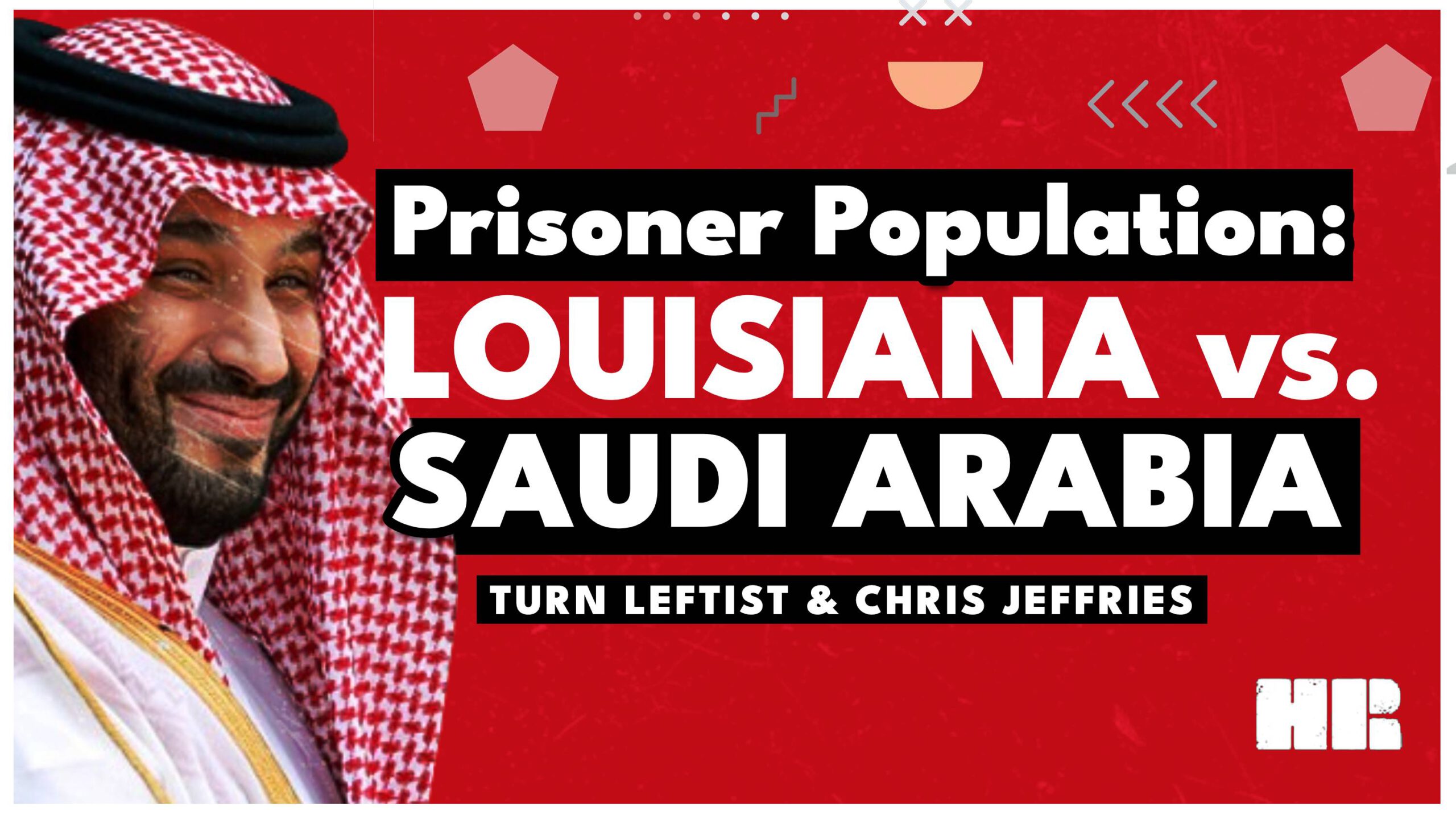
Louisiana's unusually high incarceration rate, which is over five times higher than Saudi Arabia's. The speaker criticizes the private prison industry in the United States for contributing to the country's high prison population, with two major corporations, CoreCivic and Geo Group, having large capacities to house a significant number of prisoners. The speaker also mentions the use of prison labor by corporations such as Walmart, McDonald's, Victoria's Secret, and Whole Foods. The speaker argues that the American justice system is more focused on incarceration than execution, driven in part by the profit motive of private prisons. The speaker criticizes the public for being delusional about the realities of incarceration and the high incarceration rates in the United States, particularly in Louisiana, which has a unique system of housing state prisoners in local jails. The speaker expresses concern over the mindset of prison guards, who prioritize their jobs despite the negative consequences for individuals and communities. The video continues to explore the reasons behind the high incarceration rates in the United States and their impact on society.
How Henry Ford Was A Fascist | Turn Leftist & Chris Jeffries
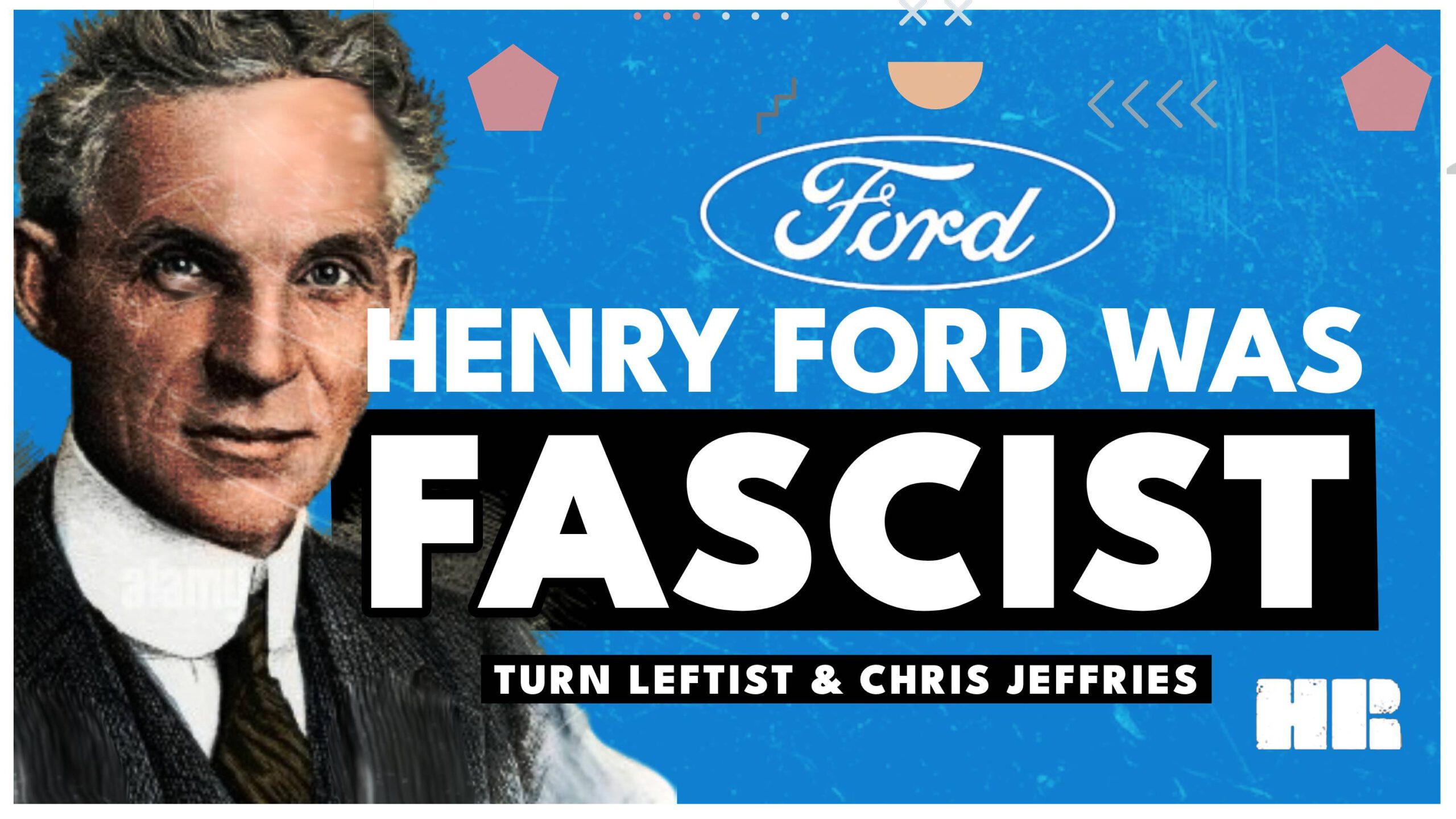
the hosts explore Henry Ford's fascist beliefs and practices, including his use of union busting and dissemination of far-right political viewpoints through his newspaper, The Dearborn Independent. Ford's rejection of modernism, promotion of racist ideologies, and obsession with Jewish plots are discussed as key elements of fascism. The video also touches upon the societal context of the era, including the fear of communism and the proletarianization of people, which contributed to the rise of fascism in America. The speakers draw parallels between Ford's practices and modern-day fascist tendencies, such as fear-mongering language, appeals to the middle class, and invasive worker surveillance.

